






























































































































 Stanley & Judy frankel
Christine & David provost
Stanley & Judy frankel
Christine & David provost
CR24-Program.indd 1 2/24/24 12:36 AM
presented by
We appreciate and applaud the Classical Roots Steering Committee’s commitment to the Detroit Symphony Orchestra . Congratulations on this year’s successful celebration!
















--Judy and Stanley Frankel












CR24-Program.indd 2 2/24/24 12:36 AM


Dear Friends
Welcome to the 23rd annual Arthur L. Johnson – Honorable Damon




Jerome Keith Classical Roots Celebration. We are delighted to welcome you to Orchestra Hall for a moving concert featuring your Detroit Symphony Orchestra and saxophonist Steven Banks, conducted by Na’Zir McFadden, the DSO’s Assistant Conductor and Phillip and Lauren Fisher Community Ambassador. We are also pleased to again welcome the Brazeal Dennard Chorale—a cherished Detroit institution founded in 1972 that has performed at every Classical Roots program since the beginning.
Tonight, for our 46th Classical Roots concert and 23rd Celebration, we recognize three remarkable individuals: Billy Childs, the Grammy Award-winning composer and jazz pianist; Shirley Stancato, a seasoned executive, prominent civic leader, race relations specialist, and social justice advocate; and jessica Care moore, the poet and founder of Black WOMEN Rock!, who is this year’s recipient of the Marlowe Stoudamire Award for Innovation and Community Collaboration.

Thank you to this year’s Classical Roots Steering Committee, and especially to co-

chairs Priscilla Perkins and Mable V. Jones, Ph.D, for their expertise and dedication in ensuring a successful Celebration. We must also thank all of you for your ongoing support of the Classical Roots mission, which we proudly carry not only this evening, but all year long. Through the African American Orchestra Fellowship, community performances, regular programming by African American and Black composers, and music education, we promise to preserve the legacy of African Americans in the rich tapestry of classical music.
Please enjoy this wonderful evening!

 Erik Rönmark President & CEO
Erik Rönmark President & CEO


 David T. Provost Chair, Board of Directors
David T. Provost Chair, Board of Directors
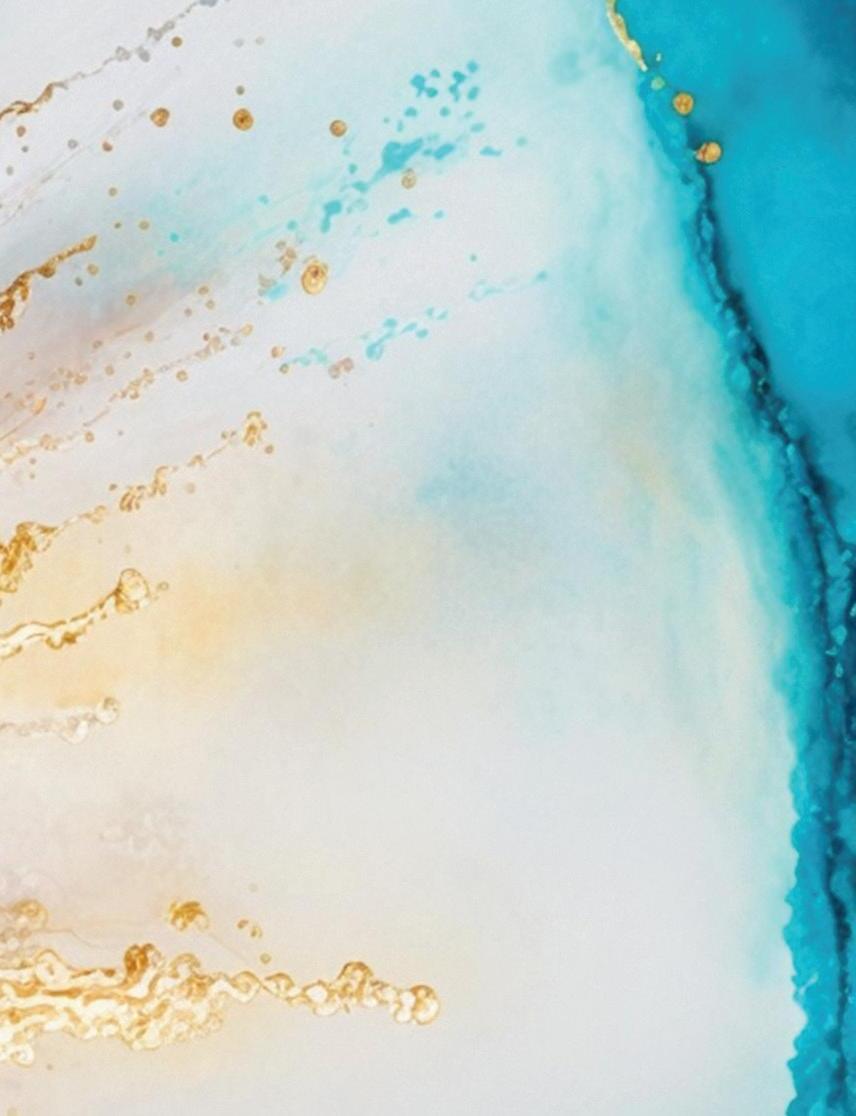
CLASSICAL ROOTS CELEBRATION 3
CR24-Program.indd 3 2/24/24 12:36 AM
Proud to su ort the mi ion Cla ical R ts
Christine and David Provost
CR24-Program.indd 4 2/24/24 12:36 AM





Since 1978


the Detroit Symphony Orchestra’s Classical Roots concerts have increased the awareness of the significant contributions that African American composers and musicians have made to classical music.






The Arthur L. Johnson – Honorable Damon Jerome Keith Classical Roots Celebration, held in conjunction with the concerts since 2001, supports the Classical Roots mission. Funds raised through the Celebration provide increased opportunities for African Americans in classical music through DSO programs including the African American Orchestra Fellowship.
CLASSICAL ROOTS CELEBRATION 5 CR24-Program.indd 5 2/24/24 12:36 AM
Bravo!
Congratulations, Shirley Stancato!
We thank you for your commitment to the DSO and Classical Roots. We applaud your leadership to diversity, equity, and inclusion throughout the Detroit Community.
We are grateful for the artistry and outstanding talent of Billy Childs. Congratulations to an exceptional musician.
Salute to jessica Care moore for her dedication to innovation and community collaboration.
••••••••••••
CR24-Program.indd 6 2/24/24 12:36 AM
CHACONA & HAROLD BAUGH

Detroit Symphony Orchestra, Inc.
lifetime directors
Samuel Frankel ◊
Stanley Frankel
David Handleman, Sr. ◊
Dr. Arthur L. Johnson ◊
James B. Nicholson
Anne Parsons, President Emeritus ◊
Barbara Van Dusen
Clyde Wu, M.D.◊
Deceased ◊
chair emeriti
Peter D. Cummings
Mark A. Davidoff
Phillip Wm. Fisher
Stanley Frankel
Robert S. Miller
James B. Nicholson
director emeriti
Floy Barthel
Chacona Baugh
Penny B. Blumenstein
Richard A. Brodie
Lois Cohn
Marianne Endicott
Sidney Forbes
Herman H. Frankel
Dr. Gloria Heppner
Ronald Horwitz
Bonnie Larson
Arthur C. Liebler
Harold Kulish
David McCammon
David R. Nelson
William F. Pickard, Ph.D.
Marilyn Pincus
Dr. Glenda D. Price
Marjorie S. Saulson
Jane Sherman
Arthur A. Weiss
officers of the board of directors
David T. Provost Chair
Erik Rönmark
President & CEO
Shirley Stancato Vice Chair
Laura Trudeau Treasurer
James G. Vella
Secretary
Ric Huttenlocher
Officer at Large
David M. Wu, M.D.
Officer at Large
board of directors
H. Keith Mobley
Governing Members Chair
Michael Bickers
Elena Centeio
Aaron Frankel
Herman B. Gray, M.D., M.B.A.
Laura Hernandez-Romine
Rev. Nicholas Hood III
Richard Huttenlocher
Renato Jamett
Daniel J. Kaufman
Peter McCaffrey
Orchestra Representative
Xavier Mosquet
David Nicholson
Arthur T. O’Reilly
Stephen Polk
Bernard I. Robertson
Nancy Tellem
Kenneth Thompkins
Orchestra Representative
Ellen Hill Zeringue
board of trustees
Renato Jamett, Trustee Chair
Ismael Ahmed
Richard Alonzo
Hadas Bernard
Janice Bernick
Elizabeth Boone
Gwen Bowlby
Dr. Betty Chu
Karen Cullen
Joanne Danto
Stephen R. D’Arcy
Maureen T. D’Avanzo
Jasmin DeForrest
Cara Dietz
Afa Sadykhly Dworkin
James C. Farber
Amanda Fisher
Linda Forte
Carolynn Frankel
Christa Funk
Robert Gillette
Jody Glancy
Mary Ann Gorlin
Peter Hatch
Orchestra Representative
Donald Hiruo
Michele Hodges
Julie Hollinshead
Sam Huszczo
Laurel Kalkanis
Jay Kapadia
David Karp
Joel D. Kellman
John Kim
Jennette Smith Kotila
Leonard LaRocca
William Lentine
Linda Dresner Levy
Vincent Luciano
Orchestra Representative
Brandon Mason
Orchestra Representative
Anthony McCree
Kristen McLennan
Tito Melega
Lydia Michael
Lois A. Miller
Scott Monty
Shari Morgan
Sandy Morrison
Frederick J. Morsches
Jennifer Muse
Sean M. Neall
Eric Nemeth
Maury Okun
Jackie Paige
Vivian Pickard
Denise Fair Razo
Gerrit Reepmeyer
James Rose, Jr.
Laurie Rosen
Elana Rugh
Carlo Serraiocco
Lois L. Shaevsky
T. Elliot Shafer
Shiv Shivaraman
Dean P. Simmer
Richard Sonenklar
Rob Tanner
Yoni Torgow
Nate Wallace
Gwen Weiner
Donnell White
Jennifer Whitteaker
R. Jamison Williams
Margaret E. Winters
board CLASSICAL ROOTS CELEBRATION 7
dso
CR24-Program.indd 7 2/24/24 12:36 AM
We are honored to support
Classical
Roots and the contribution it makes to artistic excellence with the DSO’s inclusive culture. Thank you for contributing to the richness of our community.

The Detroit Symphony Orchestra thanks FOR THEIR LEGACY SPONSORSHIP OF CLASSICAL ROOTS
SUPPORTING ARCHIVAL EFFORTS AND DYNAMIC STORYTELLING.
wi
L A U R E N A N D P H I L L I P F I S H E R CR24-Program.indd 8 2/24/24 12:36 AM
love,
steering committee
The Classical Roots Celebration is an extraordinary event that recognizes the contributions of African American composers, musicians, and humanitarians. The Celebration is the result of the collaborative efforts of the Classical Roots Steering Committee and the DSO staff, in partnership with civic, community, and corporate leaders. The Steering Committee consists of more than 40 volunteers from the Metro Detroit business community who share a passion for preserving and celebrating the musical contributions of African Americans. Each Steering Committee volunteer supports the success of the Celebration in a number of ways, including through service on a subcommittee.

ABOUT THIS YEAR'S PHOTOGRAPHER: Daniel A. Washington, a lifelong Detroiter, is a leader, creative, and a doer with a passion for real estate and community development. In 2017, he founded NW Goldberg Cares—a community development organization. He is inspired by creating relatable brands, impactful programs, and meaningful experiences. A 2021 Crain’s Detroit 20 in Their Twenties awardee, Washington has more than six years of experience in public space creation, entrepreneurship, fundraising, and transformative, intentional community-centric development.

Therese Peace Agboh°
Geaneen Arends, Esq
Chacona W. Baugh°
Karl Bell
Rochelle Black
Nicole Brown
Caroline Chambers
Katora Cole
Terrence Curry
Jasmin DeForrest°
Lulu Fall
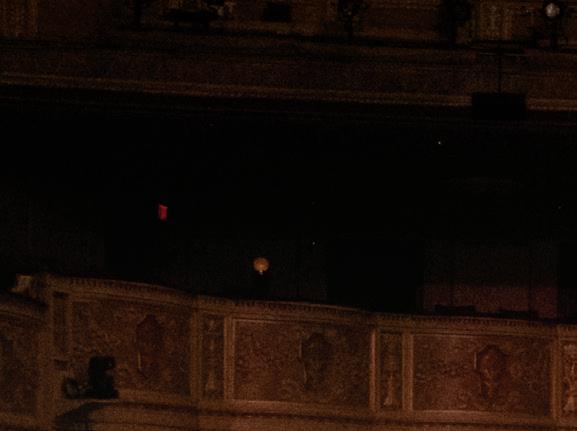
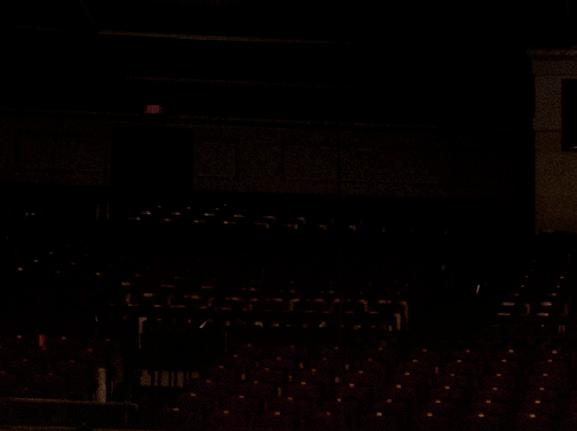
Co-Chairs: Priscilla Perkins and Mable V. Jones, Ph. D.
Linda Forte°
Vera Heidelberg°
Kimberly Hoyle
Nina Jackson
Rita L. Jordan°
Elizabeth Mays
Anthony McCree
Lauren McNeary
H. Keith Mobley°
Lesley Esters Redwine
Erik Rönmark
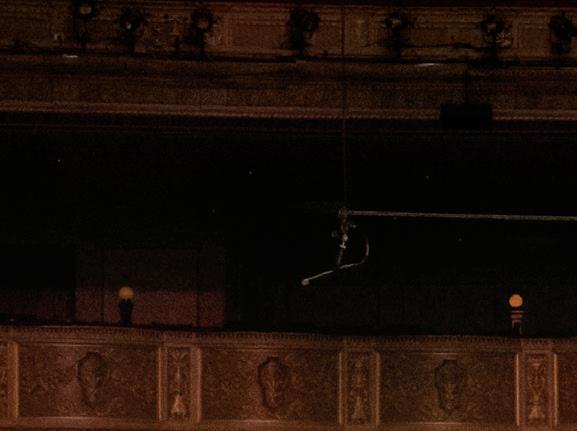
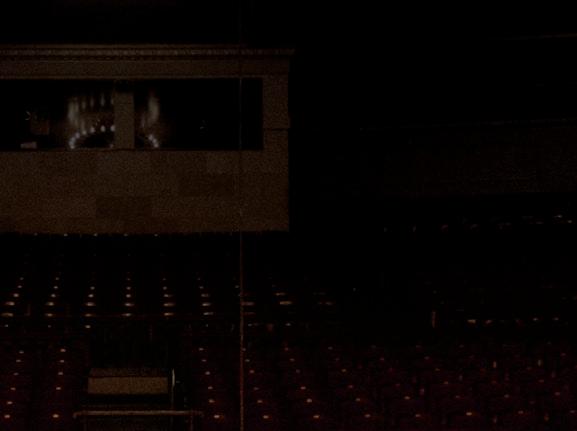
Cynthia Stephens
Valencia Stoudamire
Michele Tate
Beverly Thomas
Daniel Washington
David G. Watkins
Rhonda Welsh
Anne Wilczak
Laydell Harper Wyatt°
Ellen Hill Zeringue°
°PAST CHAIRS


Staff Support
Charles Buchanan
Matt Carlson
LaToya Cross
Jill Elder
Kathryn Ginsburg
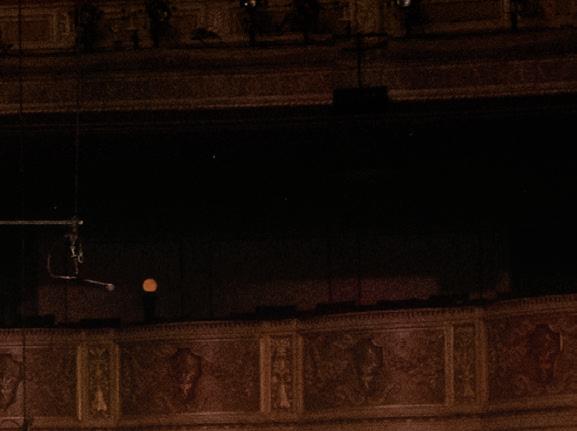
Jacquez Gray
Ali Huber
Debora Kang
Jessica Ruiz
Alice Sheppard
Sarah Smarch
Clare Valenti
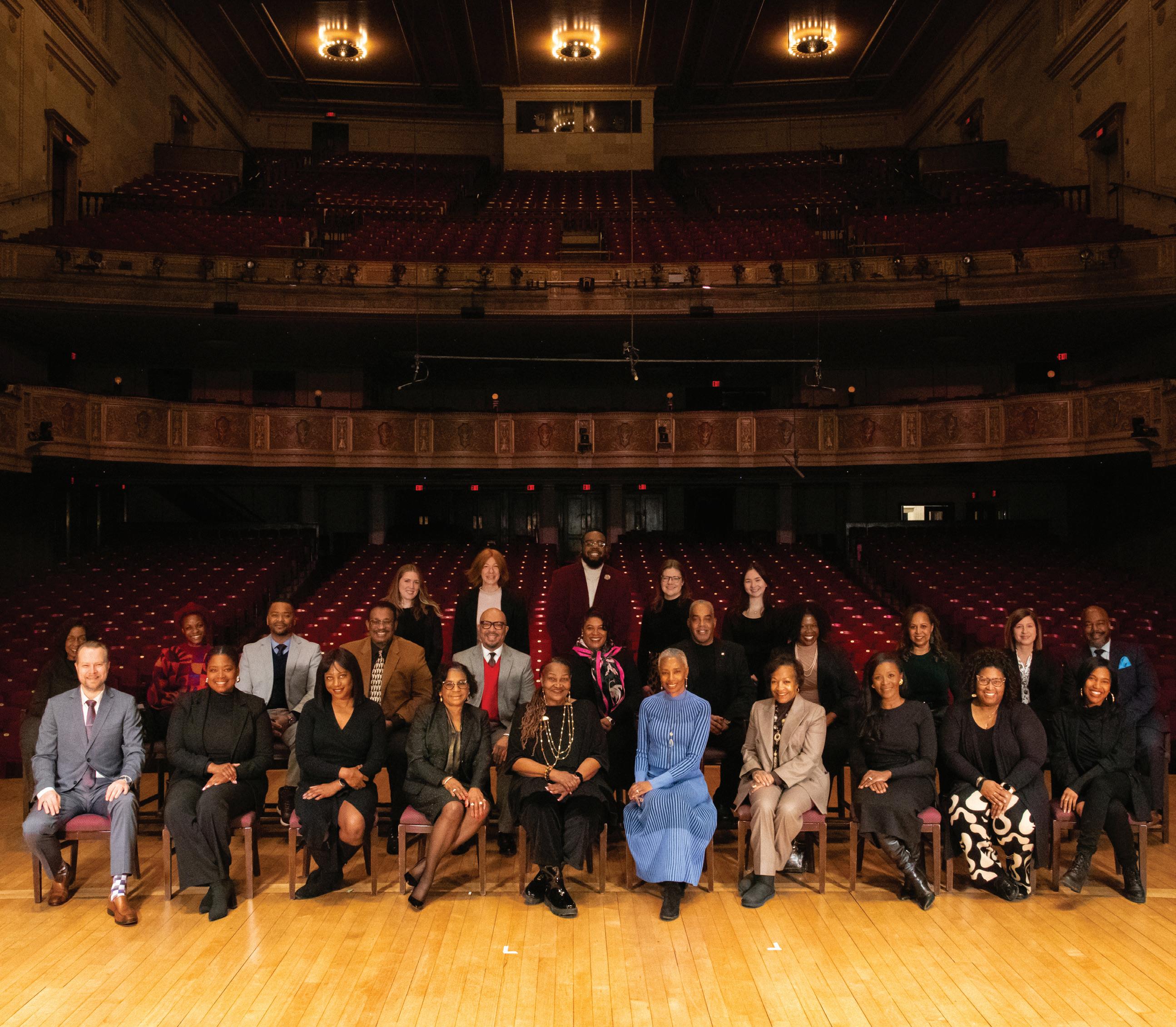
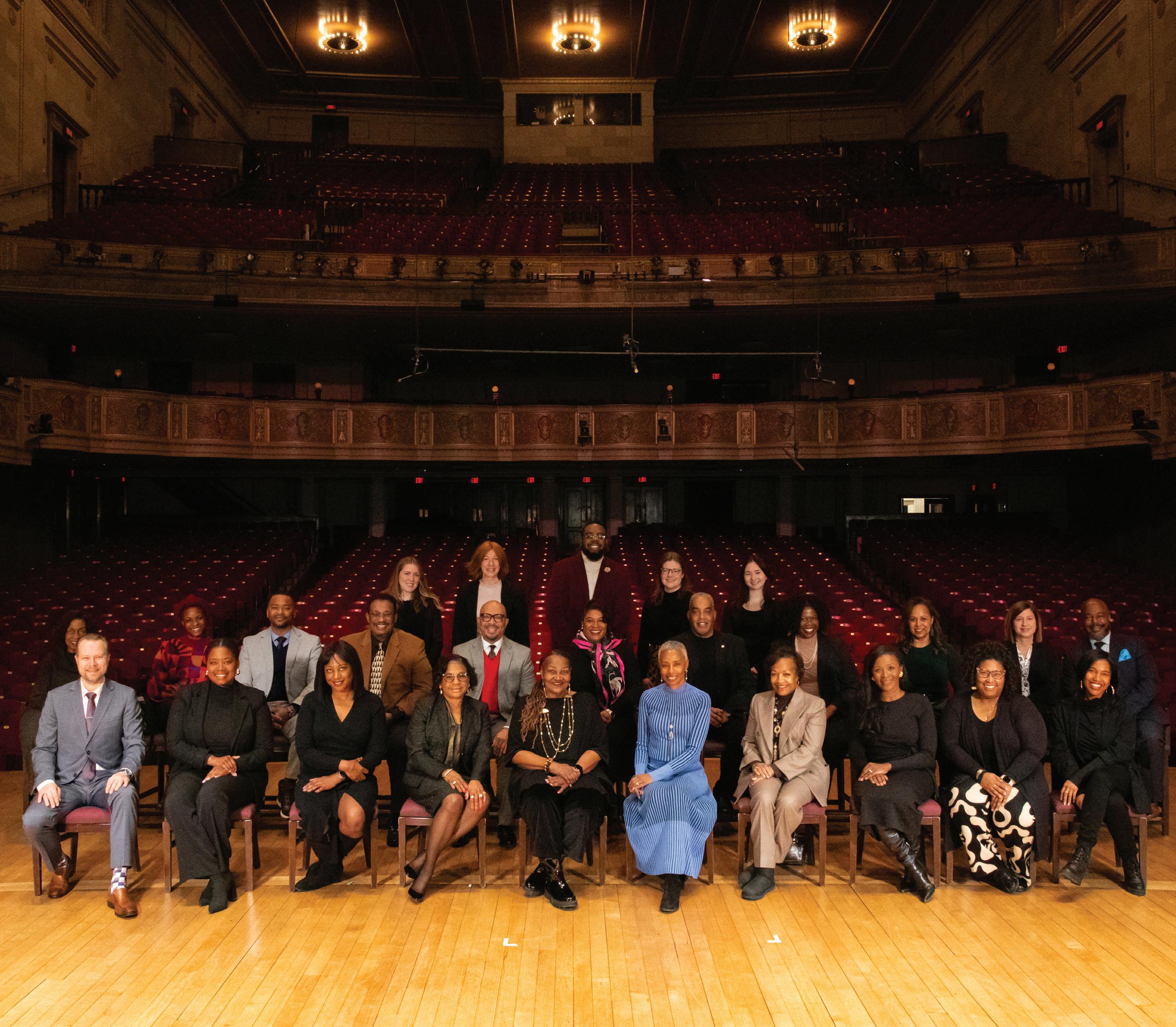
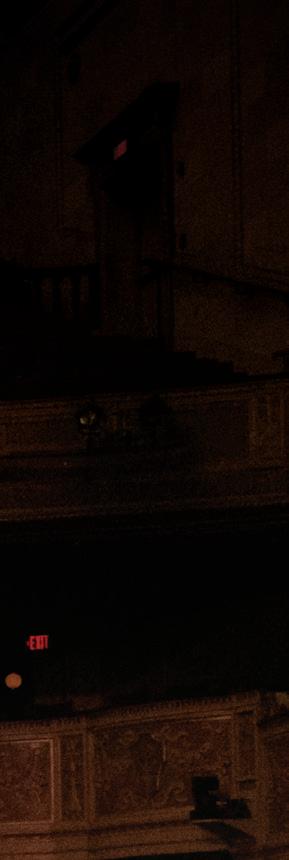
9 CLASSICAL ROOTS CELEBRATION
CR24-Program.indd 9 2/24/24 12:38 AM
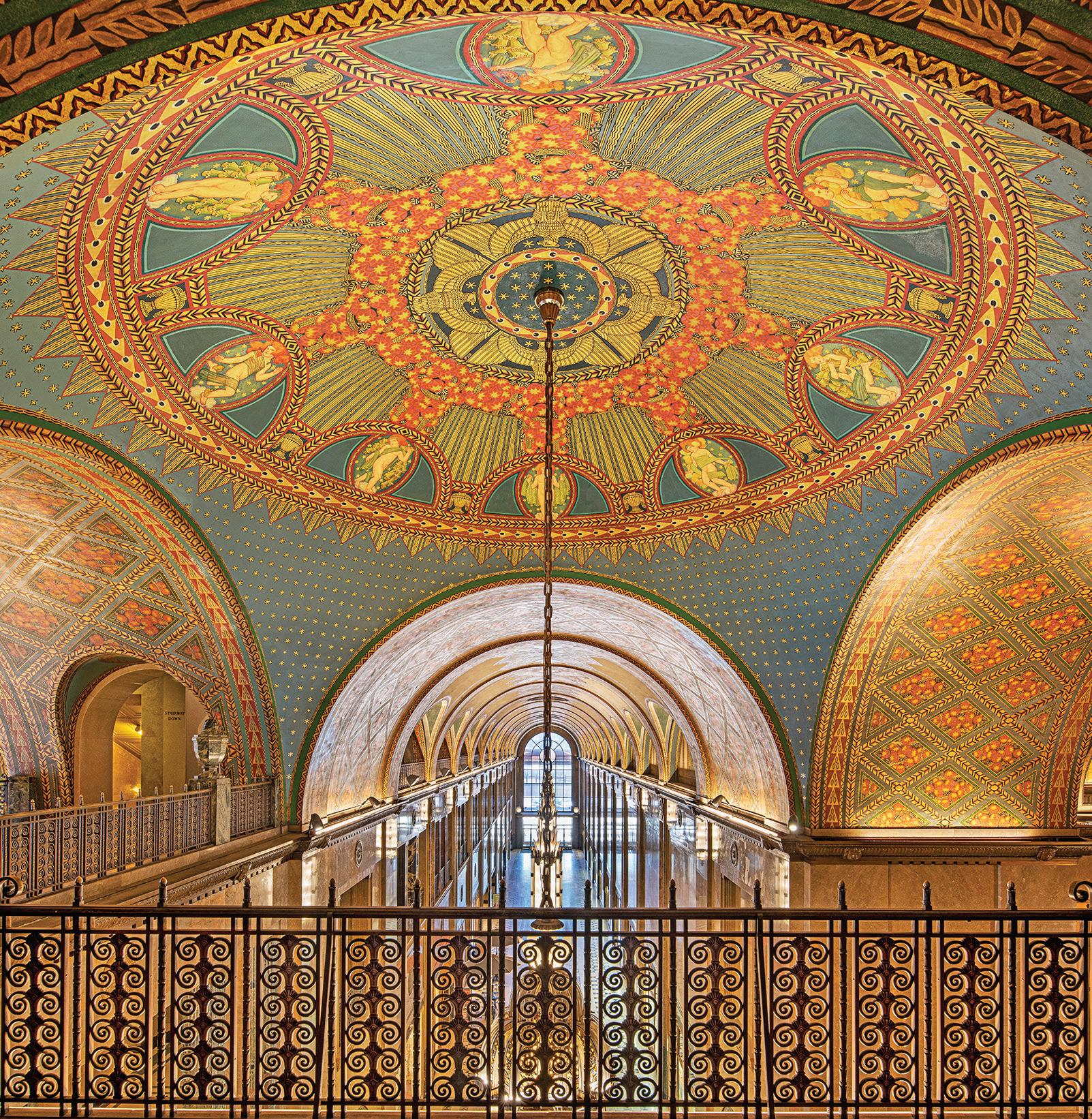

Finely tuned
We are proud to support the Detroit Symphony Orchestra’s Classical Roots concert celebrating SHIRLEY STANCATO, BILLY CHILDS, and JESSICA CARE MOORE
Julie and Peter Cummings

Wayne State University is pleased to support the Detroit Symphony Orchestra’s Arthur L. Johnson – Honorable Damon Jerome Keith Classical Roots Celebration recognizing Wayne State University Board of Governors Chair Shirley Stancato. We applaud your commitment to amplifying African American artists and on-the-rise talents in classical music.


CR24-Program.indd 10 2/24/24 12:38 AM
sponsors

Thank You
presenting sponsor
Stanley and Judy Frankel
celebration sponsor
fellowship sponsors


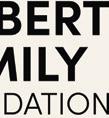
to our generous sponsors
education sponsors
Anonymous
Avis Ford
Butzel Long
Central Michigan University
Children's Foundation
Education Enrichment Services, LLC
Hollywood Casino at Greektown
Music on Belle Isle Group
Renaissance (MI) Chapter of the Links
The Skillman Foundation
Walbridge
Carol and Peter Walters
Bernadine and David Wu
supporting sponsors

Christine and David Provost
guest artist sponsors
W. Harold and Chacona W. Baugh

additional donations made by:
Erica and Ralph Gerson
Ingrid Saunders Jones
Linda and Dan Lutz
Gail White

Working together to change lives
community engagement sponsors
AAA Michigan
Flagstar is proud to be a sponsor for the Detroit Symphony Orchestra –Classical Roots Celebration.
Corewell Health
Awards tiles donated by
Julie and Peter Cummings
flagstar.com
Lauren and Phillip Fisher
Global Automotive Alliance




CLASSICAL ROOTS CELEBRATION 11
CR24-Program.indd 11 2/24/24 12:38 AM







This Evening’s Schedule




5pm 6pm 8pm 10pm :30




Doors open & cocktails
Seated Dinner
Peter D. and Julie F. Cummings Cube
46th Annual Classical Roots Concert Orchestra Hall
Detroit Symphony Orchestra
Na’Zir McFadden, conductor








Steven Banks, saxophone Brazeal Dennard Chorale (Alice McAllister Tillman, artistic director)



Dessert & Dancing A erglow
William Davidson Atrium & Peter D. and Julie F. Cummings Cube









DETROIT SYMPHONY ORCHESTRA 12
CR24-Program.indd 12 2/24/24 1:11 AM



JADER BIGNAMINI, Music Director






Detroit Symphony Orchestra, Na’Zir McFadden, conductor Brazeal Dennard Chorale, Alice McAllister Tillman, artistic director± Steven Banks, saxophone
JOHN ROSAMOND JOHNSON Lift Every Voice and Sing (1873 - 1954)
Brazeal Dennard Chorale Lyrics by JAMES WELDON JOHNSON
Alice McAllister Tillman, conductor arr. ROLAND CARTER
BETTY JACKSON KING Psalm 57± (Orchestra Tacet) (1928 - 1994)
Brazeal Dennard Chorale
Alice McAllister Tillman, conductor
arr. MOSES HOGAN
The Battle of Jericho± (Orchestra Tacet) (1957 - 2003)
Brazeal Dennard Chorale

Alice McAllister Tillman, conductor
ADOLPHUS HAILSTORK Fanfare on “Amazing Grace” (b. 1941)
SHELLEY WASHINGTON Both [DSO Co-Commission] (b. 1991)





EDWARD KENNEDY The River "DUKE" ELLINGTON Lake (1887 - 1953) orch. by RON COLLIER

WILLIAM EDWARD "BILLY" CHILDS Diaspora (Concerto for Saxophone and Orchestra) (b. 1957) [DSO Co-Commission]

Steven Banks, saxophone


Thank you to the musicians of the Detroit Symphony Orchestra, who are playing tonight’s Classical Roots concert as a donated service. We appreciate their continued support and generosity.

Travel Teeny Tiny Little
Where to Next?
intermission
Things
11:30 PM - 4:30 AM
Motherland If We Must Die And Still I Rise
Pops Conductor
BLANCHARD Fred A. Erb Jazz Creative Director Chair
Assistant Conductor, Phillip & Lauren Fisher Community Ambassador
Music Director Laureate
Music Director Emeritus
JEFF TYZIK Principal
TERENCE
NA’ZIR MCFADDEN
LEONARD SLATKIN
NEEME JÄRVI
Music Directorship endowed by the Kresge Foundation CLASSICAL ROOTS CELEBRATION
13 CR24-Program.indd 13 2/24/24 12:40 AM
CR24-Program.indd 14 2/24/24 12:40 AM

Program Notes
Lift Every Voice and Sing
JOHN ROSAMOND JOHNSON AND JAMES WELDON JOHNSON / ARR. ROLAND CARTER
B. August 11, 1873, Jacksonville, Florida
D. November 11, 1954, New York, New York
Scored for 2 flutes, oboe, 2 clarinets, bassoon, 4 horns, 3 trumpets, 3 trombones, tuba, timpani, strings, and choir. (Approx. 7 minutes)
Lift Every Voice and Sing was first performed, in poetry form, in commemoration of President Abraham Lincoln’s birthday on February 12, 1900, by a choir of 500 schoolchildren from the segregated Stanton School in Jacksonville, Florida—hometown of sibling creators John Rosamond and James Weldon Johnson. The poem was set to music five years later.
Voicing the cry for liberation and affirmation for African American people, the song was declared “The Negro National Anthem” by the NAACP in 1919. It gained new popularity as a protest song during the Civil Rights Movement and was entered into the Congressional Record in the 1990s as the official African American National Hymn.
In his second autobiography Along This Way, James Weldon Johnson describes the emotion in writing Lift Every Voice and Sing: “I could not keep back the tears, and made no effort to do so.” He later reported that creating the song’s lyrics was the greatest satisfaction of his life.
LYRICS:
Lift ev’ry voice and sing, ‘Til earth and heaven ring, Ring with the harmonies of Liberty; Let our rejoicing rise, High as the listening skies, Let it resound loud as the rolling sea. Sing a song full of the faith that the dark past has taught us, Sing a song full of the hope that the present has brought us; Facing the rising sun of our new day begun, Let us march on ‘til victory is won.
Stony the road we trod, Bitter the chastening rod, Felt in the days when hope unborn had died; Yet with a steady beat, Have not our weary feet, Come to the place for which our fathers sighed? We have come over a way that with tears has been watered, We have come, treading our path through the blood of the slaughtered, Out from the gloomy past, ‘Til now we stand at last, Where the white gleam of our bright star is cast.
God of our weary years, God of our silent tears, Thou who has brought us thus far on the way; Thou who has by Thy might, Led us into the light, Keep us forever in the path, we pray. Lest our feet stray from the places, our God, where we met Thee, Lest, our hearts drunk with the wine of the world, we forget Thee; Shadowed beneath Thy hand, May we forever stand, True to our God, True to our native land.
Lift Every Voice and Sing has been sung at the beginning of every Classical Roots concert since the event’s inauguration in 1978. Please see the included lyrics and join the Brazeal Dennard Chorale in singing this historic work.
Fanfare on “Amazing Grace”
ADOLPHUS HAILSTORK
B. April 17, 1941, Rochester, New York
Scored for 2 flutes, 2 oboes, 2 clarinets, 2 bassoons, 2 horns, 3 trumpets, 3 trombones, tuba, timpani, percussion, and strings.
(Approx. 3 minutes)
Adolphus Hailstork received his doctorate in composition from Michigan State University, where he was a student of H. Owen Reed. He had previously studied at the Manhattan School of Music, under Vittorio Giannini and David Diamond, at the American Institute at Fontainebleau with Nadia Boulanger, and at Howard University with Mark Fax. Hailstork has written numerous works for chorus, solo voice, piano, organ, various chamber ensembles, band, orchestra, and opera. In
CLASSICAL ROOTS CELEBRATION 15 concert
CR24-Program.indd 15 2/24/24 12:40 AM
Program Notes

“The President’s Own” United States Marine Band as the second piece of the prelude during the inauguration of President Joe Biden and Vice President Kamala Harris in January 2021.
Adolphus Hailstork’s Fanfare on “Amazing Grace” was most recently performed by the DSO in December 2021, conducted by Thomas Wilkins.
Both
Premiered 2022
DSO Co-Commission
SHELLEY WASHINGTON
B. 1991, Kansas City, Missouri
Scored for 2 flutes, 2 oboes, 2 clarinets, 2 bassoons, 2 horns, 2 trumpets, 2 trombones, tuba, percussion, piano, and strings.
(Approx. 30 minutes)
Composer Shelley Washington has emerged as an important and powerful voice of her generation. With an eclectic palette that draws from classical, jazz, rock, American folk, and other contemporary musical spaces, Washington seeks to tell memorable sonic stories that comment on current and past social narratives, both personal and observed. Her music explores emotions and intentions, incorporating intricate rhythms to encourage layered listening through grooves, melody, and harmony. In addition, she addresses
and D.I.Y. post-rock, is both Black and white, experiences both extreme mental highs and extreme mental lows, is both a composer and a performer, is both a student and a teacher, is both, is both, is both ... This piece is meant to reflect the fact that you and I both are not either/or, and that so many things and people, even seemingly places, are not the binary they’ve been billed to us as, but a spectrum from point to point. They are all. We both can be and possess so many seemingly opposing qualities at the same time that do not diminish any aspect of who we are, but add to its cumulative.”
This DSO co-commission for Shelley Washington’s Both is part of the Amplifying Voices program, a New Music USA initiative powered by the Sphinx Venture Fund, with additional support from ASCAP, the Sorel Organization, the Virginia B. Toulmin Foundation, and the Wise Music Charitable Foundation.
This performance marks the DSO premiere of Shelley Washington’s Both
with choreographer Alvin Ailey, who mused the following on its creation: “He started talking about a ballet called The River, which was to be a suite of dances based on water, with a line about life that goes from birth to death. As we talked, he began to play the music. At five o’clock in the morning I was sitting in Duke Ellington’s apartment bathed in beautiful music. I said, ‘Let’s do it. Let’s do The River.’”
This performance features Ellington’s “Lake” movement from The River. In his book Music is My Mistress, Ellington wrote: “The lake is beautiful and serene. It is all horizontal lines that offer up unrippled reflections. There it is, in all its beauty, God-made and untouched, until people come—people who are God-made and terribly touched by the beauty of the lake. They, in their admiration for it, begin to discover new facets of compatibility in each other, and as a romantic viewpoint develops, they indulge themselves. The whole situation compounds itself into an emotional violence that is even greater than that of the violence of the vortex to come. The lake supports them until, suddenly, they are over the top and down...”
The DSO most recently performed
DETROIT SYMPHONY ORCHESTRA 16
CR24-Program.indd 16 2/24/24 12:40 AM

Duke Ellington’s 2007, conducted by John Mauceri.
The DSO first performed the work in September 1992, conducted by Neeme Järvi.
Diaspora (Concerto for Saxophone and Orchestra)

Composed 2024 | Premiered 2024
DSO Co-Commission
BILLY CHILDS
B. 1957, Los Angeles, California
Scored for 2 flutes (one doubling piccolo and alto flute), oboe, english horn, 2 clarinets, bassoon, contrabassoon, 3 horns, 2 trumpets, 2 trombones, timpani, percussion, harp, keyboard, and strings. (Approx. 20 minutes)
On Diaspora, Billy Childs wrote the following:
Concerto for Saxophone and Orchestra is a symphonic poem which strives to chronicle the paradigm of the forced Black American diaspora, as sifted through the prism of my own experience as a Black man in America. When Steven Banks approached me about the piece, the first thing we discussed was the narrative:
What particular story would the piece tell? How would it unfold? We decided that, much in the same way that Ravel’s Gaspard de la nuit illustrates three poems by Aloysius Bertrand in three separate movements, so would this concerto do with poems by Black poets. But then I started thinking of the elegantly succinct and fluent structure of Barber’s Symphony No. 1, where in one multi-sectioned suite, he brilliantly ties together a handful of thematic materials into a seamless and organic whole. So I started to compose from the vantage point
various melodies and motifs treated in different ways (inverted, augmented, contrapuntally treated, reharmonized, etc.), like a loosely structured theme and variations—except there are several themes used.
Motherland
The program of the composition starts out on a positive note; the first theme played solo by the soprano saxophone, and later joined by an uplifting scherzo accompaniment from the orchestra, is meant to evoke a sense of well-being and security as Africans are living in the motherland (Motherland being the name of the first section). Of course, it is understood that within the confines of Africa itself, there were tribal wars, treachery, and misery—even slavery; it’s not a utopia I’m trying to illustrate here. Rather, I want to depict a sense of purity—a purity arising from having been thus far unobstructed by the outside destructive forces that would later determine our fate. So the movement starts with a soprano sax melody that begins as a diatonic motif (accompanied by marimba and pizzicato cello), but then quickly becomes chromatic, modulating to several remote tonalities. After this, a 16th note pattern in the strings transitions the listener into a sense of foreboding, signaling trouble on the horizon. As the harmonies
orchestra, and climaxing in an orchestral tutti section bolstered by a brass fanfare. After a dissonant orchestral hit, the soprano sax utters a melancholy theme as the slaves are being led to the slave ship. This takes us to the first saxophone cadenza, which to my mind, represents a moment of painful reflection about being captured like a wild animal and led to a ship, the destination of which is to a future hell.
If We Must Die
Part two of the journey (inspired by the powerful Claude McKay poem of the same name) begins with the first vision of the slave ship. This is illustrated by a loud tutti blast in the orchestra, following a slow 6 measure buildup. The alto saxophone is now the voice of the piece, introducing a rapid twelve-tone theme which turns out to be a constant phrase weaving in and out of the entire piece at various moments (it actually made its first appearance back in the first part, during the battle between the African natives and the slave traders). The slaves are boarded onto the ships and the middle passage journey to America begins; sweeping rapid scales in the lower strings, woodwinds, and harp describe the back and forth movement of the waves. This section develops and reaches a high point with a jarring
CLASSICAL ROOTS CELEBRATION 17 CR24-Program.indd 17 2/24/24 12:40 AM
Program Notes

The subsequent section is a mournful lament of despair, meant to outline the psychological depression caused by the sheer brutality of this new slavery paradigm. The melodic theme here, played by the alto sax, is in its original version, whereas the melancholy soprano sax theme near the end of the first movement is the inversion of this melody. While this is happening, there is a background pattern played by vibraphone and celesta which depicts a slow and steady growing anger; this figure gets faster and faster until it overtakes the foreground and brings us into the next scherzo like section. This section is marked by an interplay between the alto sax and the orchestra
This final section of the concerto/tone poem is about Black empowerment. The church has always been a cultural focal point in the Black community, a sanctuary providing psychological and emotional relief from the particular hardships of Black life in America. It is also a place to worship, pray, and wrestle with the larger spiritual and existential questions which concern all of humankind. And beyond that (or perhaps because of that), the church is historically the central hub of Black political and cultural activism in America. This is the ethos that the last section of the concerto is reflecting. So this final chapter of the piece starts
love becomes more palpable. This is followed by march-like ostinato which symbolizes steely determination in the midst of great and formidable obstacles as the alto sax plays rapidly above the orchestral momentum, until we finally reach the victorious fanfare at the conclusion of the piece. Maya Angelou’s shining poem reminds us (and America) that Black people cannot and will not be held to a position of second-class—we will still rise.
This performance marks the DSO premiere of Billy Childs’s Diaspora (Concerto for Saxophone and Orchestra).
DETROIT SYMPHONY ORCHESTRA 18 CR24-Program.indd 18 2/24/24 12:40 AM

Working together to change lives
Flagstar is proud to be a sponsor for the Detroit Symphony Orchestra –Classical Roots Celebration. flagstar.com Equal Housing Lender | Member FDIC CR24-Program.indd 19 2/24/24 12:40 AM

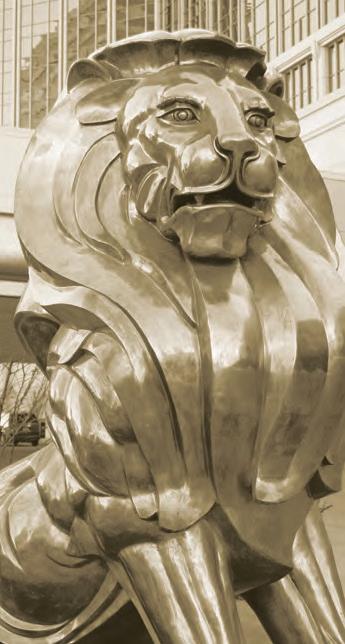
MGM GRAND DETROIT IS PROUD TO SUPPORT THE DETROIT SYMPHONY ORCHESTRA’S CLASSICAL ROOTS CELEBRATION
Here at MGM Grand Detroit, we are excited to reach a milestone of 25 years of social impact within our community. We look forward to bringing out the pride of our team members, the impact of our partnerships, and providing great service to our guests along this journey.

CR24-Program.indd 20 2/24/24 12:40 AM
TYZIK Principal Pops Conductor

FIRST VIOLIN
Robyn Bollinger
CONCERTMASTER
Katherine Tuck Chair
Kimberly Kaloyanides
Kennedy
ASSOCIATE CONCERTMASTER
Schwartz and Shapero Family Chair
Hai-Xin Wu
ASSISTANT CONCERTMASTER
Walker L. Cisler/Detroit Edison Foundation Chair
Jennifer Wey Fang
ASSISTANT CONCERTMASTER
Marguerite Deslippe*
Laurie Goldman*
Rachel Harding Klaus*
Eun Park Lee*
Adrienne Rönmark*
William And Story John Chair
Alexandros Sakarellos*
Drs. Doris Tong and Teck Soo Chair
Laura Soto*
Greg Staples*
Jiamin Wang*
Mingzhao Zhou*
SECOND VIOLIN
Adam Stepniewski
ACTING PRINCIPAL
The Devereaux Family Chair
Elizabeth Furuta*
Will Haapaniemi*
David and Valerie McCammon Chairs
Hae Jeong Heidi Han*
David and Valerie McCammon
Chairs
Sheryl Hwangbo Yu*
Daniel Kim*
Sujin Lim*
Hong-Yi Mo*
Marian Tanau*
Alexander Volkov*
Jing Zhang*

JADER



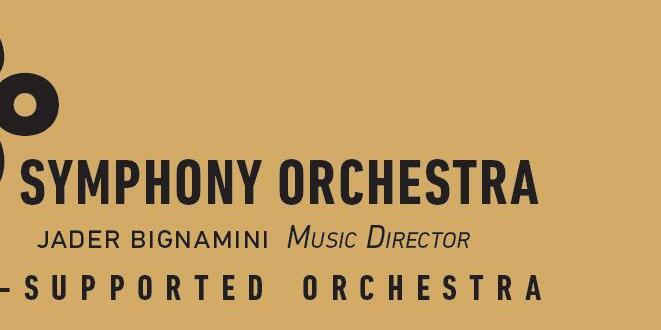
VIOLA
Eric Nowlin
PRINCIPAL
Julie and Ed Levy, Jr. Chair
James VanValkenburg
ASSISTANT PRINCIPAL
Janet And Norm Ankers Chair
Caroline Coade
Henry and Patricia Nickol Chair
Glenn Mellow
Hang Su
Hart Hollman
Han Zheng
Mike Chen
Harper Randolph §
CELLO
Wei Yu PRINCIPAL
Abraham Feder
ASSISTANT PRINCIPAL
Dorothy and Herbert Graebner Chair
Robert Bergman*
Jeremy Crosmer*
Victor and Gale Girolami Cello Chair
David LeDoux*
Peter McCaffrey*
Joanne Deanto and Arnold Weingarden Chair
Una O’Riordan*
Mary Ann & Robert Gorlin Chair
Cole Randolph*
Mary Lee Gwizdala Chair
BASS
Kevin Brown
PRINCIPAL
Van Dusen Family Chair
Stephen Molina
ASSISTANT PRINCIPAL
Christopher Hamlen*
Peter Hatch*
Vincent Luciano*
Brandon Mason*
HARP
OPEN
PRINCIPAL
Winifred E. Polk Chair
FLUTE
Hannah Hammel Maser PRINCIPAL

CONTRABASSOON
Marcus Schoon

Alan J. and Sue Kaufman and Family Chair
Amanda Blaikie
Morton and Brigitte Harris Chair
Sharon Sparrow^ ASSISTANT PRINCIPAL
Bernard and Eleanor Robertson Chair
Jeffery Zook
PICCOLO
Jeffery Zook
Shari and Craig Morgan Chair
OBOE
Alexander Kinmonth PRINCIPAL
Jack A. and Aviva Robinson Chair
Sarah Lewis
ASSISTANT PRINCIPAL
Monica Fosnaugh
ENGLISH HORN
Monica Fosnaugh
CLARINET
Ralph Skiano PRINCIPAL
Robert B. Semple Chair
Jack Walters
PVS Chemicals Inc./ Jim and Ann Nicholson Chair
Shannon Orme
E-FLAT CLARINET OPEN
BASS CLARINET
Shannon Orme
Barbara Frankel and Ronald Michalak Chair
BASSOON
Conrad Cornelison PRINCIPAL
Byron and Dorothy Gerson Chair
Cornelia Sommer
Marcus Schoon
orchestra

HORN
OPEN PRINCIPAL
David and Christine Provost Chair
Johanna Yarbrough
Scott Strong
Ric and Carola Huttenlocher Chair
David Everson ASSISTANT PRINCIPAL
Mark Abbott
TRUMPET
Hunter Eberly PRINCIPAL
Lee and Floy Barthel Chair
Austin Williams
William Lucas
TROMBONE
Kenneth Thompkins PRINCIPAL
Shari and Craig Morgan Chair
David Binder
Adam Rainey
BASS TROMBONE
Adam Rainey
TUBA
Dennis Nulty PRINCIPAL
TIMPANI
Jeremy Epp
PRINCIPAL
Richard and Mona Alonzo Chair
James Ritchie
ASSISTANT PRINCIPAL
PERCUSSION
Joseph Becker
PRINCIPAL
Ruth Roby and Alfred R. Glancy III Chair
Andrés Pichardo-Rosenthal
ASSISTANT PRINCIPAL
James Ritchie
Luciano Valdes §


William Cody Knicely Chair

LIBRARIANS
Robert Stiles
PRINCIPAL
Ethan Allen
LEGACY CHAIRS
Principal Flute Women’s Association for the DSO
Principal Cello James C. Gordon
PERSONNEL MANAGERS
Patrick Peterson
DIRECTOR OF ORCHESTRA
PERSONNEL
Benjamin Tisherman
MANAGER OF ORCHESTRA
PERSONNEL
Nolan Cardenas
AUDITION AND OPERATIONS COORDINATOR
STAGE PERSONNEL
Dennis Rottell
STAGE MANAGER
Zachary Deater
DEPARTMENT HEAD
Isaac Eide
DEPARTMENT HEAD
Kurt Henry
DEPARTMENT HEAD
Matthew Pons
DEPARTMENT HEAD
Jason Tschantre
DEPARTMENT HEAD
—————————————
LEGEND
* These members may voluntarily revolve seating within the section on a regular basis
^ On Sabbatical
§ African American Orchestra Fellow
JEFF
TERENCE
BLANCHARD
Fred A. Erb Jazz Creative Director Chair
NA’ZIR MCFADDEN Assistant Conductor, Phillip & Lauren Fisher Community Ambassador
LEONARD
SLATKIN Music Director Laureate
NEEME
JÄRVI Music Director Emeritus
BIGNAMINI, Music Director Music Directorship endowed by the Kresge Foundation
CLASSICAL ROOTS CELEBRATION 21
CR24-Program.indd 21 2/24/24 12:40 AM
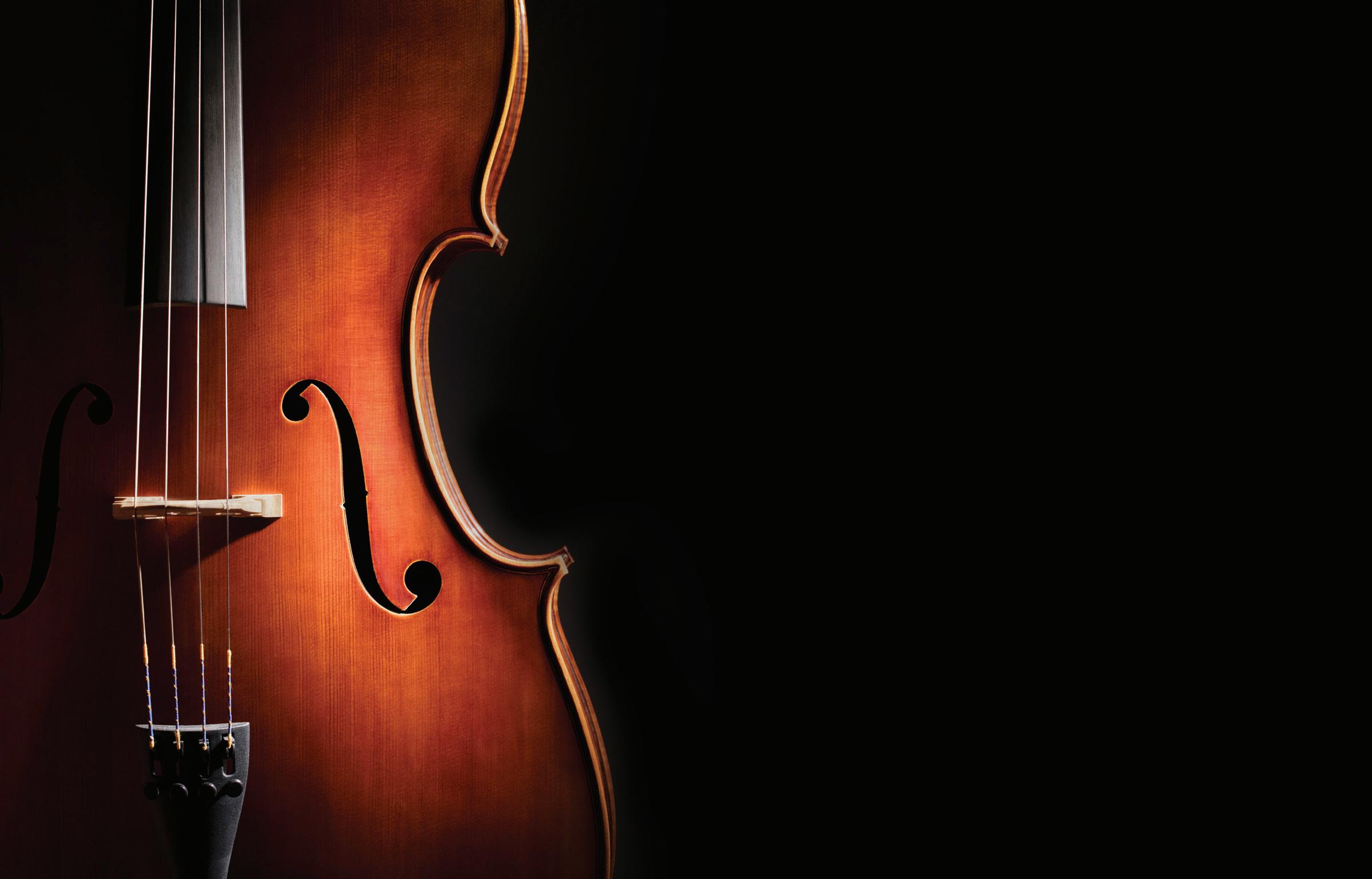
high note, A high note, not a footnote.
Today we honor the contributions of AfricanAmerican classical composers, musicians and educators. AAA supports the Detroit Symphony Orchestra in furthering their legacy through the DSO Classical Roots Celebration.


Good Cities are Built. Great Ones are Composed.
Detroit and the DSO have always embraced the harmony of cultural, social, and historical aspects to compose true masterpieces. Walbridge has proudly been a part of that for more than a century.
And today, we celebrate the DSO and the well-earned recognition of Shirley Stancato for all she has done for our community as a DSO board member and co-chair of the Growing Michigan Together Council.



23-MK-0365
PRE-CONSTRUCTION I CONSTRUCTION I DESIGN I TECHNOLOGY I REAL ESTATE SERVICES
walbridge.com
WAL_DSO_Sponsorship_Ad_V4_CHOICE.indd 1 2/5/24 10:14 AM CR24-Program.indd 22 2/24/24 12:40 AM












The Brazeal Dennard Chorale
The Brazeal Dennard Chorale, founded in 1972 by Dr. Brazeal W. Dennard, is one of the longest standing organized choral groups in the country. For more than four decades, the Chorale has wooed Detroit audiences with its vocal excellence in the performance of choral music of all genres, while it continues to pursue the mission of its founder: to remember, discover, and preserve the spiritual music of the African American experience and culture. A generation later, the need for that mission is greater than ever as others, particularly young people, remain unaware of the historical and cultural significance of the Negro Spiritual.
Music professionals throughout the United States and Canada recognize the mission and commitment of the Chorale, whose yearly schedule includes a variety of concerts, from Holiday Concert, to a Spring Pops Dinner show, which highlights music from Jazz to Broadway, and beyond. Through its many performances and CDs, the Brazeal Dennard Chorale, now under the direction of Mrs. Alice McAllister Tillman, continues to educate and inspire.




soprano
Alysia Boles
Julie Devine
Brande Everette



Brazeal Dennard Chorale
Alice McAllister Tillman, Artistic Director
Michele Cotton Stanfield, Assistant Conductor
Krystal Thomas, Accompanist
Rosilyn Stearnes-Brown, Librarian
Yvonne C. Turner, Executive Director
Marlena Hampton
Keziah Kuduwor (High School Intern)
Tanya Mason
Janice Myles Simon
Staci Reed
Daryl Taylor
Yvonne Turner
LaNyck Washington
alto
Ida Abbington
Michele Cotton Stanfield
Madonna Draughn
Sadarra Fields
Camile Hanna
Carolyn Kent
Rochelle Mitchell
Jean Murphy




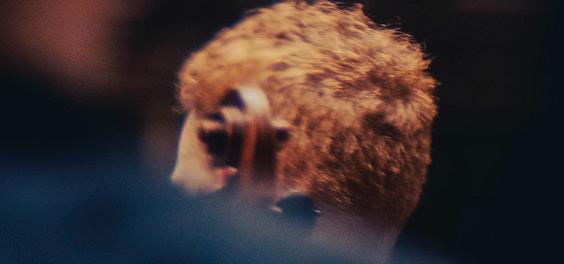





Rosilyn Stearnes-Brown
Asia Van Horn-Lee
Ayona Van Horn-Lee
contralto
Marcia Cotton Flint
Jacqueline Howard
tenor

Elijah Anderson (High School Intern)
Malcolm Davis
Brandon Hodges
Terry Horn
Darrius Washington
bass/baritone
Carl Clendenning
Gregory Coble
Theodore Jones
James Parks
Michael Rowan





Raymond Shephard









CLASSICAL ROOTS CELEBRATION choir 23
CR24-Program.indd 23 2/24/24 12:40 AM
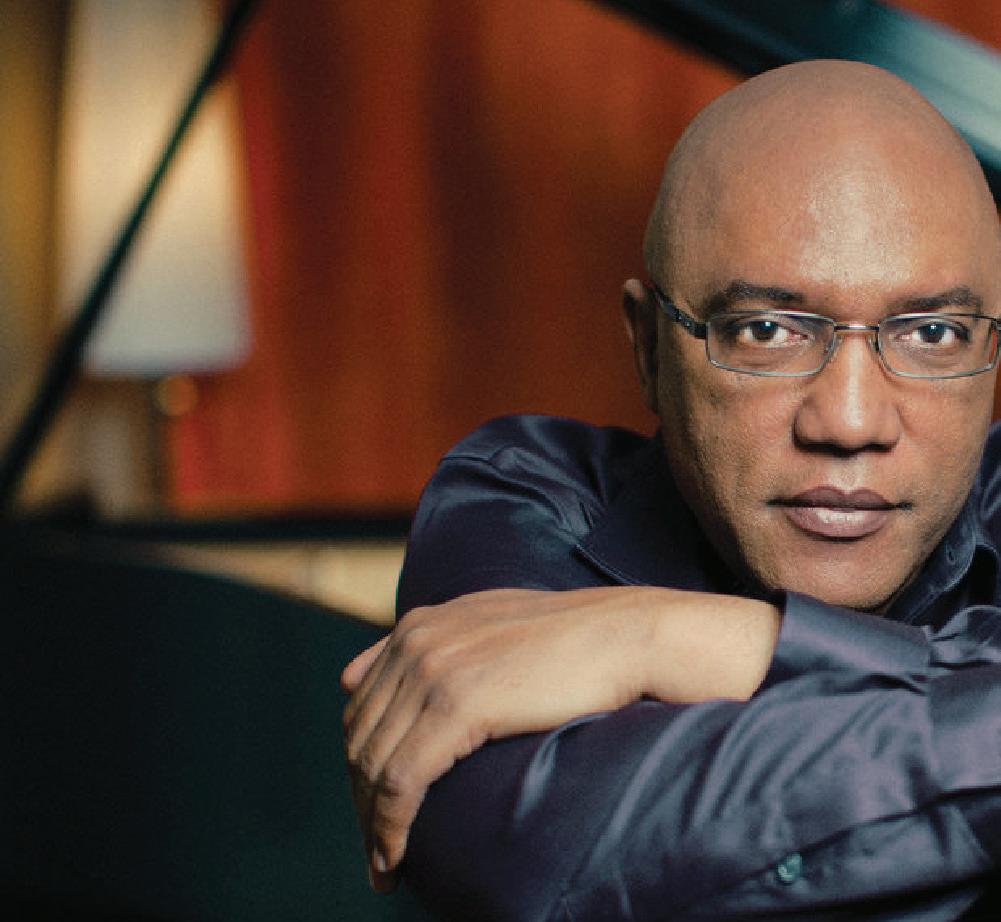
 by francesca leo
by francesca leo
Billy Childs is one of the foremost American composers— successfully marrying the musical products of his heritage with the Western neoclassical traditions of the 20th century in a powerful symbiosis of style, range, and dynamism. He has garnered 17 Grammy Award nominations and six wins, including in 2024 for Best Jazz Instrumental Album for his album, The Winds of Change. Childs has one goal while composing—to create music that is healing to the world. Having grown up with synesthesia—where one hears music but sees shapes—Childs learned how to play the piano in a way that was uniquely his own.
“When I was six years old, I had a piano teacher that was intent on having me learn to read music,” said Childs. “I would always look at my hands during lessons, and he would put a piece of paper over my hands so that I couldn’t see what I was doing.” The discouraging method didn’t work for Childs, so he sought influence from other sources. “I would always listen to something on the radio and when I wasn’t taking lessons, my

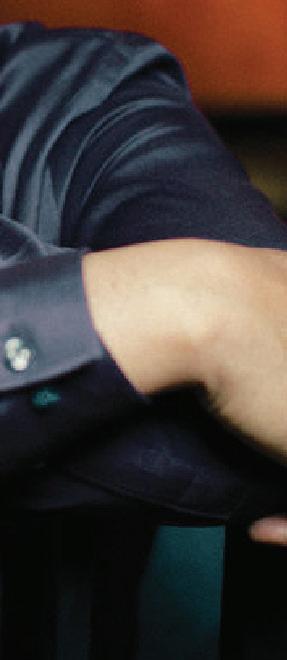



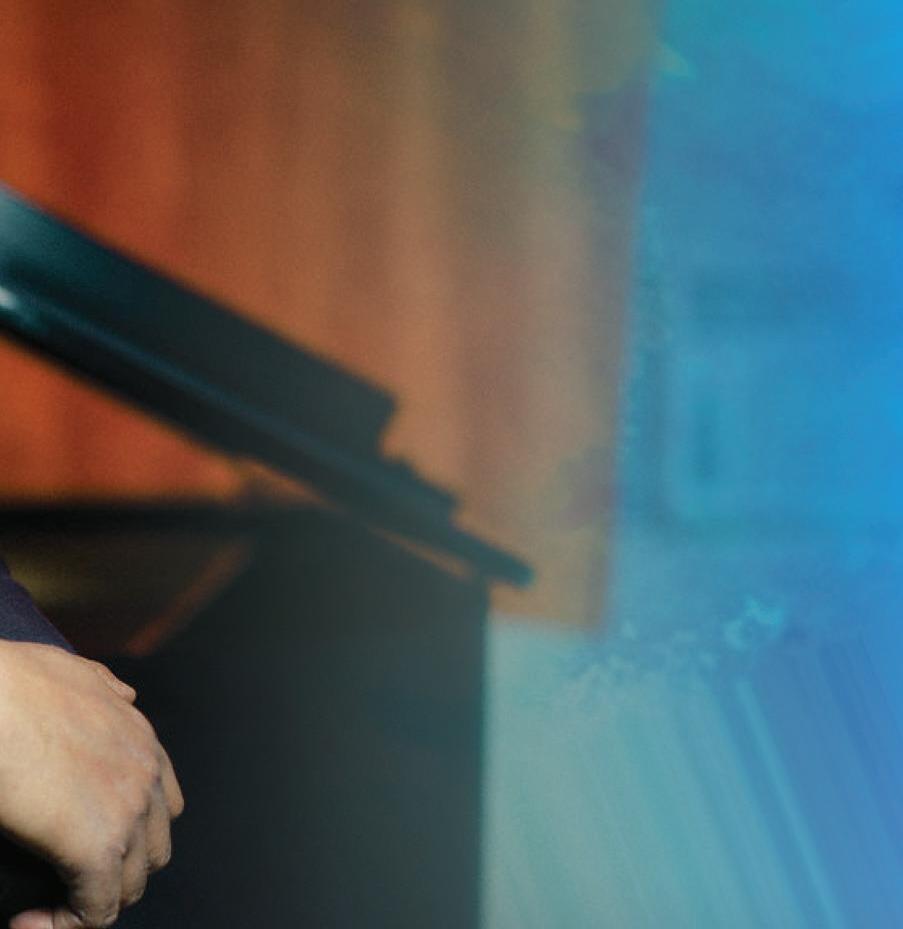

















parents would let me just play on the piano endlessly. I would listen to the radio and look at the shapes of how it sounded to me, and I would translate that to the shapes of the keys or the patterns of the keys.”
As a teenager, Childs attended a boarding school where he was the only Black person in the county. The piano in the school became his outlet—a lifeline.

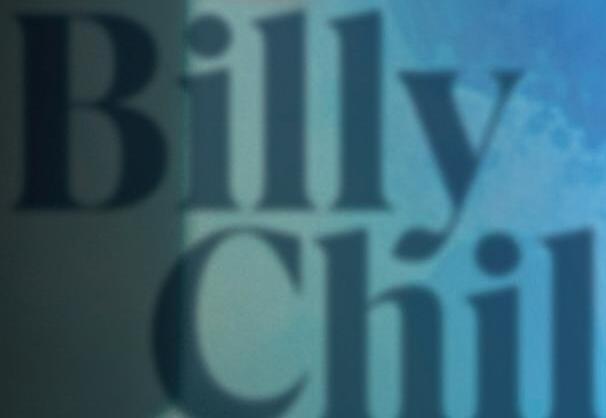





“You couldn’t pull me out of that room,” said Childs. “Every spare minute I had was spent at the piano—my free time at the school and on holidays. When I went back home, I was always on the piano. That’s how I started to get serious and develop my ear.”
Childs’s life changed when he heard music by Keith Emerson with Emerson, Lake & Palmer. “When I heard their music, a lightbulb went off and I said, ‘I want to do that,’” said Childs. "I knew that [music] was a life calling, that I was going to be doing it for the rest of my life.”
This strong, internal motivation led Childs to a lifetime of significant


BillyChilds

Childs






musical achievements. A native of Los Angeles, Childs has always been immersed in the genres of jazz, classical, and popular music. At 16, he was admitted to the University of Southern California (USC) Community School of the Performing Arts. By the time of his graduation from USC, Childs was already an in-demand performer in the Los Angeles jazz scene. He embarked on a successful performing and recording tour soon thereafter.
Simultaneously with his recording career, Childs has occupied a parallel niche as an in-demand composer, having commissioned works for renowned ensembles including the Los Angeles Philharmonic, the Jazz at Lincoln Center Orchestra, and the Detroit Symphony Orchestra, where he wrote a violin concerto for Regina Carter that was premiered by the DSO and then-Music Director Leonard Slatkin in 2010. In addition to the saxophone concerto heard on tonight’s Classical Roots program, Childs was commissioned by several orchestras to compose his second violin concerto for Rachel Barton Pine, which was widely performed, including at the Grant Park Festival Orchestra in 2022.
DETROIT SYMPHONY ORCHESTRA 24
2024
CR24-Program.indd 24 2/24/24 12:41 AM







“The way I see it, legacy is the story of humanity ... Whether it's art, politics, or science— the legacy of humanity is enormous, and we are all part of it. We must do our best to contribute to it positively; to perpetuate humanity in a way that ensures our survival, that ensures our harmony with the planet, and ensures our harmony with other people. That's what legacy means to me.”



— billy

childs

Always one to forge new paths, Childs has a unique compositional approach. “My early writing process involved getting the idea from my head from a pencil onto paper or playing it on the piano,” said Childs. “Now, I use Finale to compose, but in the same way that one might use a pencil and paper—I input every note by hand. I don't play it with a keyboard, because I want as few obstacles as possible between my idea and the realization of it.”
“I want people to walk away from my concert feeling better about themselves, feeling better about the world, and healing,” he continued. “I want my music to have a healing effect on them, where when they walk in, they might have felt down about something or confused or uninspired, and they walk out feeling inspired, wanting to take part in the world, wanting to take action, and wanting to create a positive impact. I believe that you need people's trust for your art to affect them, and the best way to get people's trust is to invite them into your world and allow them to experience [the music] in their own way.”
On the 2024 Classical Roots concerts, the DSO will perform Childs’s Diaspora Concerto for Saxophone and Orchestra with saxophonist Steven Banks, whom Childs collaborated with to develop the work. Throughout the compositional process, Banks learned much from Childs in the way that he approaches life and music.
“There was one time when I performed Diaspora, and he was there, and I was frantically warming up in my practice room,” said Banks. “Billy decided to go into the dressing room next to me, and he was improvising at the piano and playing all these beautiful melodies. He was just so relaxed.

Billy's ability to be relaxed in performance situations is something I now try to incorporate into my life. I also learned a lot from just being around him, talking to him about people that he's collaborated with over time. He's had a very long career as a performer and a composer, so there's a lot of wisdom there.”
Banks speaks highly of Childs’s legacy and impact in the world of classical music: “Billy has been a shining light in the music industry in that
he is willing to just believe in what he believes, and he's not someone that is going with all of the trends. He has a very strong vision, and he sticks to it, which is not common in the music world. He has been a part of the unification of various genres of music in ways that are organic, but also exciting and beautiful. I hope that continues to be a trend, and I hope his music lives on.”
When asked about the legacy he hopes to leave behind, Childs connects to the perpetuity of humanity: “The way I see it, legacy is the story of humanity, it’s the history. It's what people have done before, what you are doing now, and what will be done after you. We are all part of a long continuum that is humanity. Whether it's art, politics, or science—the legacy of humanity is enormous. We must do our best to contribute to it positively; to perpetuate humanity in a way that ensures our survival, that ensures our harmony with the planet, and ensures our harmony with other people. That's what legacy means to me.”










CLASSICAL ROOTS CELEBRATION 25
CR24-Program.indd 25 2/24/24 12:42 AM










SShirley Stancato
by hannah engwall
hirley Stancato is a seasoned executive, prominent civic leader, race relations specialist, and social justice advocate, and now adds a new title: Classical Roots Honoree.
Born and raised in Detroit, Stancato always knew about the Detroit Symphony Orchestra and had a love for classical music from a young age as a member of her church’s choir. Later, as her career developed, Stancato’s passion for music would manifest through board leadership with the DSO.
After earning both bachelor’s and master’s degrees from Wayne State University, Stancato enjoyed a long career at National Bank of Detroit (NBD, now Chase Bank), where she became Senior Vice President, leading retail banking initiatives as well as community partnerships throughout southeast Michigan.
It is through NBD’s connection to the DSO that Stancato first joined the organization’s Board of Directors, but she stayed for two reasons: Dr. Clyde Wu, a celebrated physician and champion for music education, and Dr. Arthur L. Johnson, a leader, author, and civil
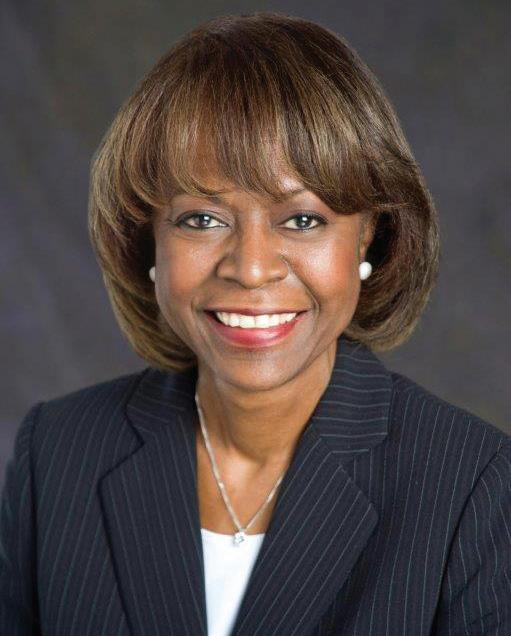


rights activist—both men she knew personally, and admired greatly.
“Dr. Wu was so passionate about making sure everybody understood that music could be used to educate young people,” said Stancato. “Lifting up classical music for everyone is really important, and he helped me understand that the DSO could make a difference in the lives of young people, not just here, but around the country and around the world.”
Later in her career, for almost 20 years, Stancato served as President and Chief Executive Officer of New Detroit Inc. Under her leadership, New Detroit continued in its role as an essential forum for discussion and advocacy for the elimination of racial disparities in the region.
Dr. M. Roy Wilson, President Emeritus of Wayne State University, and former DSO Director has known Stancato for more than a decade. Wilson served on the board of New Detroit when Stancato was CEO, and Stancato later joined the Wayne State University Board of Governors in 2019 following an appointment by Governor Gretchen
Whitmer. In 2020, Stancato was elected to serve a full eight-year term and is now Board Chair.
Stancato enjoyed a close relationship with late DSO President Emeritus
Anne Parsons, and it was Parsons who initially recruited Stancato to lead a renewed Diversity, Equity, and Inclusion (DEI) taskforce at the DSO. “With Shirley’s expertise, understanding of the issues, and personal experiences, Anne could not have picked a better person,” said Wilson. “Shirley went into that role with commitment and passion and drove everyone to work really hard. The DSO has a diversity culture that is second to none, and Shirley was instrumental in forging that.”
Caen Thomason-Redus, now Vice President of Inclusion and Learning at the League of American Orchestras, first met Shirley when he joined the DSO staff in 2015 and was immediately impressed with her leadership.
“Shirley is equal parts social justice leader, banker, auntie, and storyteller,” said Thomason-Redus. “You could see how these different parts of her career informed everything she did. She was always clear about where she stood on
26 DETROIT SYMPHONY ORCHESTRA
2024 CR24-Program.indd 26 2/24/24 12:42 AM

“There’s a long history of Detroit institutions and communities, some of it amazing, some of it incredibly painful. Shirley has lived through so much of that and led through so much of that. I don't think there's been a time where she wasn't part of so many important things going on in the city, and she’s always seeking to connect people. To bring that clarity and perspective to the DSO as we sought to be a real place of community, excellence, celebration, and connection to Detroit— we couldn't
have asked for a better ally.”
— caen thomason-redus

things, but also that she cared about things, and that people were at the heart of her work. There was a special connectivity in the room that helped people feel safe being themselves.”
In the more than 10 years since the formation of the taskforce, the work has evolved into a standing Board DEI Committee, of which Stancato is still chair, which continues to shape the DSO’s comprehensive DEI strategy, including the development and adoption of guiding principles. “As administrators, musicians, and community partners, we were trying to really figure out what was the best possible impact the symphony could make in Detroit,” said Thomason-Redus. “One of the important roles that the DEI committee played and that Shirley as an individual played was being a sounding board for the organization and its leadership, to some degree a conscience for the DSO.”
“The term servant leader is overused,” said Wilson. “It’s almost like a cliché, but that’s what Shirley is. She doesn’t care about who gets the limelight. She’s on the line blocking and tackling for others and being steady as she goes,” he continued. “That’s what I
remember about Shirley’s personality: her professionalism and her steadiness under difficult circumstances.”
For her part, Stancato agrees: “I'm a big believer in servant leadership, which says that you're a steward of the work and that the individuals that work for you come first. My job is to serve people, and then the work gets done and the mission is accomplished.”
Throughout her career, Stancato has dedicated her time and talent to board service with other organizations including Fifth Third Bank of Eastern Michigan, Teach for America Detroit, Coleman A. Young Foundation, Kids Kicking Cancer, Detroit Zoological Society, International Women’s Forum Michigan, and Warrior Women Against Poverty. In 2017, Stancato received an honorary Doctor of Laws from the University of Michigan, with additional honors including the Neal Shine Award for Exemplary Regional Leadership, Champion of Justice Award from the Michigan Delegation of the Congressional Black Caucus, Woman of Achievement by the Anti-Defamation League, Regional Power Broker by Crain’s Detroit Business, Woman of


Excellence by the Michigan Chronicle, and Michiganian of the Year. In 2021, she was inducted into The Michigan Business Women Hall of Fame.
“I'm hopeful that my legacy will reflect the kinds of relationships that I built throughout my lifetime,” said Stancato. “I hope that people think of me as someone who was able to help them accomplish some of the things that they wanted to accomplish. Any time I have the opportunity to meet someone and help them, I’m also helped in ways that I don’t always understand, so it’s a two-way street.”







“No one individual is responsible for creating a culture for a city,” said Wilson. “It takes a lot of individuals, each doing their part, working steadily, and being unwavering in their commitment to a cause. The culture of Detroit certainly owes a lot of what it is now to people like Shirley, and to Shirley herself. I can't think of another person more fitting to be honored at Classical Roots because of the intersection of music with social justice. That's what Classical Roots is about; that's what Shirley is about. Combined with her love of music, it's a perfect tribute to Shirley.”



CLASSICAL ROOTS CELEBRATION 27 CR24-Program.indd 27 2/24/24 12:42 AM






















































jessica Care moore




borhoods and schools—are only a few testaments to her expanding legacy.


moore is a world-renowned poet, playwright, and cultural arts curator whose words impact souls and inspire listeners to feel and think deeply. Her poems—performed live or read on the page—come with a fiery and passionate delivery that calls for social justice; advocates for Black women and Black bodies; honors Black art and artists; and lifts Detroit—in all its grit, glory, and resilience—to the fullest.
Bold confidence has carried her as she represents Detroit on the global stage, liberating minds with her tireless
Museum of African American History and Culture and can be read in books under her Moore Black Press publishing house, in partnership with Harper Collins. In the music realm, she joined forces with vocalist Steffanie Christi’an to form We Are Scorpio—a rock band fused with poetry.
Her role as executive producer of Black WOMEN Rock!, affectionately referred to as “Daughters of Betty,” following the passing of funk vocalist Betty Davis in 2022, and development plans for The Moore Art House—a non-profit organization dedicated to using poetry and the arts to elevate literacy and connectivity amongst artists in neigh-
Her artistic palette is endless, and the root of it all is a commitment to empowering community and creating spaces—traditional and non—for artists to thrive and see their works acknowledged.
Standing on the shoulders of poetic royalty Sonia Sanchez, Nikki Giovanni, Gil Scott-Heron, the Last Poets, Amiri Baraka, and Ntozake Shange, jessica Care moore is conscious of the depths and responsibility she holds.
“I come from a tradition of Black, revolutionary poets; that's a heavy lift and I’m working hard to do very big things that inspire a lot of people,” said moore. “It’s never easy. The intention is really to empower community.”
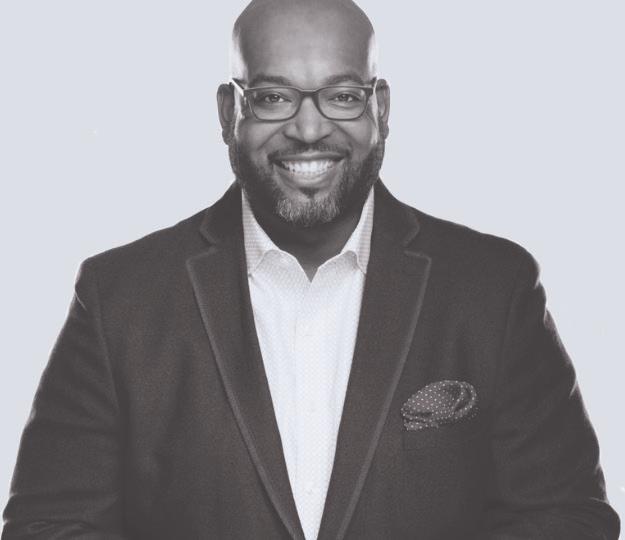

The Marlowe Stoudamire Award for Innovation and Community Collaboration is presented annually in memory of late Detroit community leader Marlowe Stoudamire. Stoudamire helped guide the mission of Classical Roots and inspired innovation and creativity as a member of the Steering Committee for six years. He was an enthusiastic and engaged supporter of the arts and youth development in Detroit and served a mentor to innumerable young professionals and leaders in the community.
Inaugurated in 2022, past recipients of the award include Chris Harrington, former DSO Senior Director of Jazz and @ The Max and current President and CEO of the Ordway Center for the Performing Arts, and Kris Johnson, Detroit-based artist, educator, and composer.
Marlowe Stoudamire Award for Innovation and Community Collaboration.
DETROIT SYMPHONY ORCHESTRA 28
CR24-Program.indd 28 2/24/24 12:43 AM
marlowe stoudamire award for innovation and community collaboration
2024




Every masterpiece begins with a single note.
Gilbert Family Foundation is proud to support the DSO’s e orts to raise awareness of the contributions of African American composers and musicians, as well as increase opportunities for African Amercians in classical music.
CR24-Program.indd 29 2/24/24 12:43 AM
Steven Banks Saxophone





conductor





American conductor Na’Zir McFadden is the Assistant Conductor and Phillip &














Lauren Fisher Community Ambassador of the Detroit Symphony

Orchestra, working closely with Music Director Jader Bignamini. McFadden also serves as Music Director of the Detroit Symphony Youth Orchestra.




















Establishing his presence on the classical music scene, McFadden’s 2023–2024 season includes a debut with the Ann Arbor Symphony and ongoing engagements with the DSO.












ed his hometown orchestra—The Philadelphia Orchestra—in their “Pop-Up” series, meeting their Music Director Yannick Nézet-Séguin, Ballet.






















An advocate for arts education, Mcthe arts for students in underserved





eration Music, a Philadelphia-based


DETROIT SYMPHONY ORCHESTRA
CR24-Program.indd 30 2/24/24 12:43 AM





clarinetist Anthony McGill. Other conducting highlights include debuts with the Utah Symphony Orchestra, the Kalamazoo Sympho30
Na'Zir McFadden
Photo by Stephen McGee















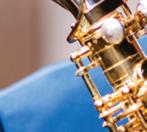

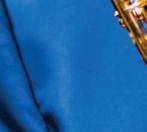















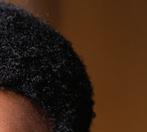




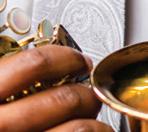


















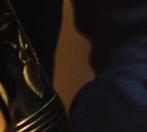
Winner of the prestigious 2022 Avery Fisher Career Grant, Steven Banks is an ambassador for the classical saxophone, establishing himself as both a compelling and charismatic soloist, dedicated to showcasing the vast capabilities of the instrument, as well as an advocate for expanding its repertoire. Banks is also the first saxophonist to capture First Prize at the Young Concert Artists Susan Wadsworth International Auditions (2019).





















guest

Banks has recently appeared as soloist with the Orchestre Symphonique de Montréal, Aspen Festival Orchestra, Oregon Mozart Players, Colorado Music Festival, Colorado Symphony, Utah Symphony, and the Mostly Mozart Festival Orches-









Steven Banks



tra, and on subscription with the Cleveland Orchestra, performing with such conductors as John Adams, Peter Oundjian, Earl Lee, Xian Zhang, Nicholas McGegan, and Rafael Payere.
Banks is an advocate for diversity and inclusion in music education, performance, and newly commissioned works in the classical realm. He presented at the TEDxNorthwesternU 2017 conference presenting his dynamic approach to overcoming institutionalized prejudices against women and people of color, and he has written and given lectures on the history of Black classical composers. He also collaborated with flutist Anthony Trionfo and violinist Randall Goosby to create the Learning to Listen round-




table, a discussion on the nuances of the Black experience in classical music and beyond. In partnership with the Sphinx Organization, they also created the Illuminate! series, which opened three essential conversations on music education, artist activism, and the LGBTQIA+ community in classical music.

Banks has a Bachelor of Arts degree in Saxophone Performance with a minor in Jazz Studies from the Indiana University Jacobs School of Music, and Master of Music degree from the Northwestern University Bienen School of Music. His primary saxophone teachers include Taimur Sullivan, Otis Murphy Jr., and Galvin Crisp.






artist
CLASSICAL ROOTS CELEBRATION 31 CR24-Program.indd 31 2/24/24 12:47 AM
Congratulations to SHIRLEY STANCATO! Thank you for your Many years of leadership and friendship. — Ralph and Erica Gerson CR24-Program.indd 32 2/24/24 12:47 AM
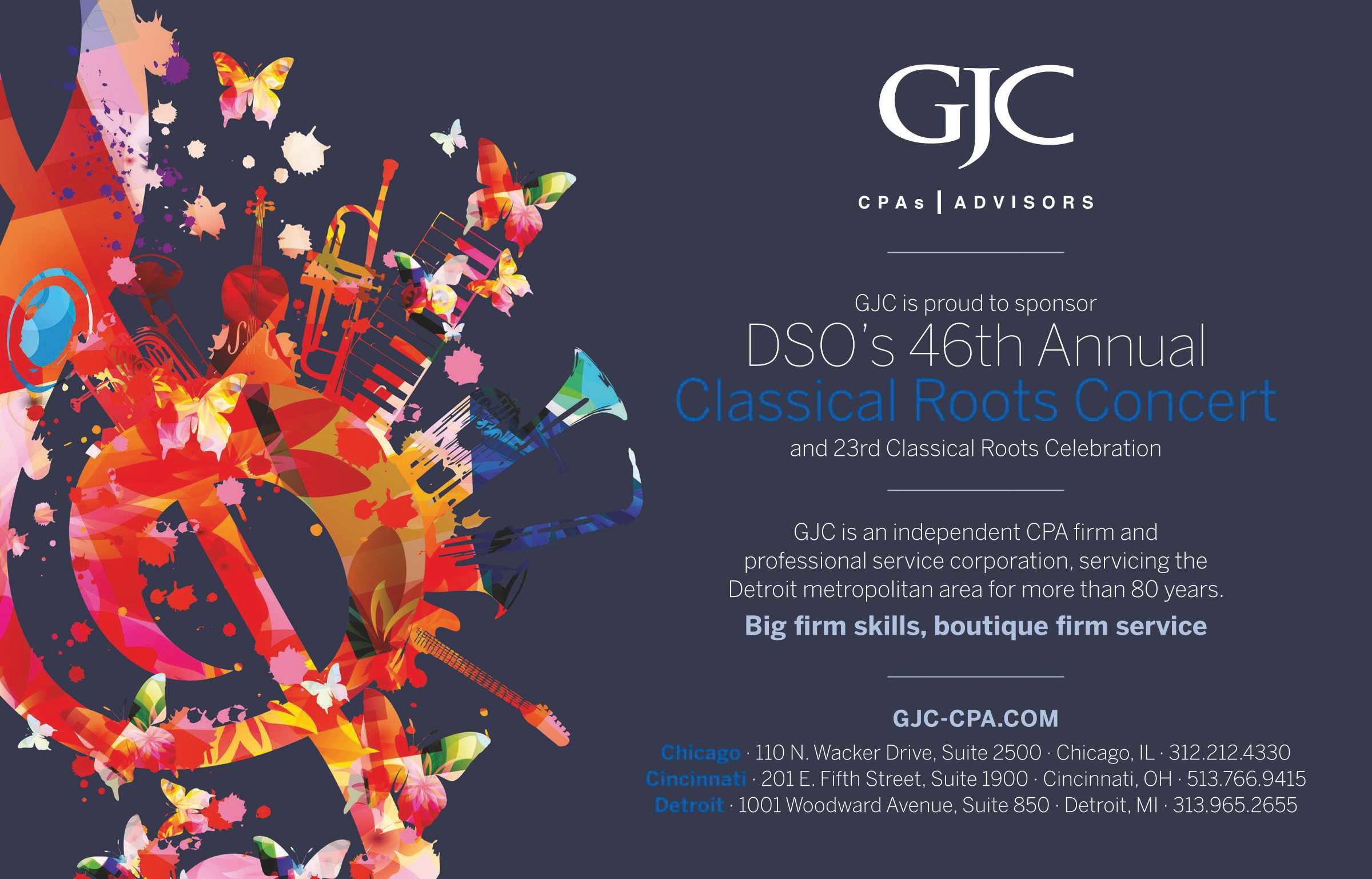
What can we do together?
Can we build stronger, healthier communities?
Can we make health better by making it better for everyone?
Can we impact today and inspire tomorrow?
corewellhealth.org/we-can
CR24-Program.indd 33 2/24/24 12:47 AM







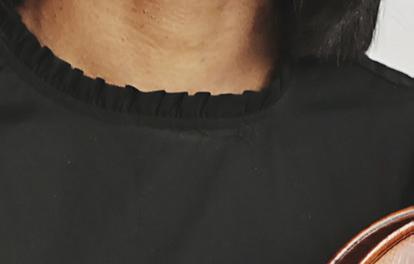


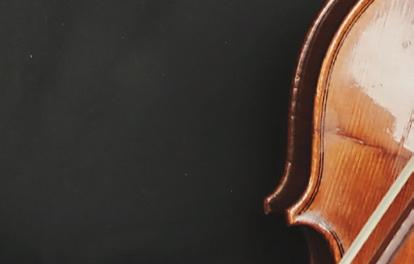



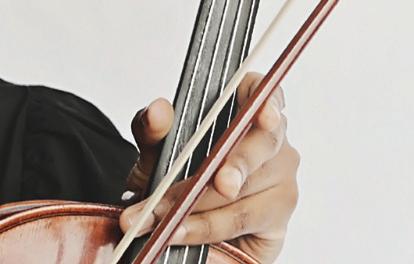





Harper Randolph first encountered the viola at age five through the DC Youth Orchestra Program in her hometown of Washington, DC. Raised in a musical family, her father helped acquaint her with the instrument, and both of her older siblings played the violin. When Harper and her twin brother Cole were born, their father joked about forming a Randolph family string quartet with Harper on viola and Cole on cello. His vision eventually came to life in a serendipitous way, with both Harper and Cole, former Fellow and now DSO cellist, currently playing together in the Detroit Symphony Orchestra.
The viola has always been a core part of Randolph’s life and identity, and an instrument she kept gravitating back to, even when she learned the violin. While completing her specialist’s degree in music performance from the University of Michigan, Randolph was looking ahead to the next step in her career. At the time, she was studying with DSO violist Caroline Coade and had heard from past Fellows, including her brother Cole, about their transformative experiences with the DSO’s African American Orchestra Fellowship. Randolph decided to apply, winning her audition.
african american orchestra fellow






Harper Randolph
“I definitely think about legacy, especially through my time playing with the Detroit Symphony Orchestra. Representation
is very important.
Giving African American musicians an image and vision of somebody who looks like them onstage allows them to see that it’s possible to pursue a career in classical music and fulfill their dreams. Providing that representation for someone looking for it is part of the legacy that I want to leave behind.” — harper randolph
Randolph was drawn to the DSO as an ensemble that was a “great pioneer of broadcasting pieces by composers of color,” and now cherishes the opportunity to perform with the orchestra on a regular basis. She has developed a great appreciation for the DSO’s keen attention to detail and balanced overall sound, and enjoys performing not only in orchestra concerts, but also in chamber music recitals. As part of the Fellowship, Randolph also participates in mock auditions for members of the DSO and leads sectionals for students in the Civic Youth Ensembles program, educating and inspiring the next generation of young musicians.

Randolph has garnered numerous awards and recognition in competitions including Third Prize in the 2022 Sphinx Competition and First Prize in the 2019 NYU Concerto Competition. She has performed at acclaimed venues including the Metropolitan Museum of Art, the White House, the John F. Kennedy Center for the Performing Arts, and Palffy Palace in Prague, Czech Republic. Together with her recently completed Specialist in Music degree from University of Michigan’s School of Music, Theatre & Dance, Randolph holds Bachelor and Master of Music degrees from New York University. In addition to Caroline Coade, Randolph’s teachers include Stephanie Baer and Karen Ritscher.
Randolph understands the importance of representation of Black and brown artists within the orchestral world: “I remember growing up and not seeing anyone who looked like me onstage when I went to classical concerts,” she recalled. “I am in this Fellowship program, and I feel that I have a duty to be the best musician and role model I can be so that I can serve as the representation for African American musicians that I was looking for when I was younger, as a way to let them know that this is something that is possible.”
34
DETROIT SYMPHONY ORCHESTRA
CR24-Program.indd 34 2/24/24 12:47 AM
african american orchestra fellow

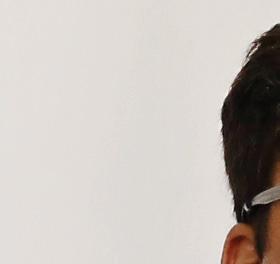



“I want to see more diverse orchestras. And I hope that through this Fellowship, I inspire others to pursue an orchestral career and take on these opportunities.” — luciano valdes
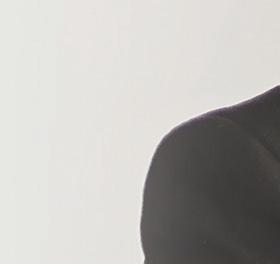
Luciano Valdes
Luciano Valdes knew that he wanted to be an orchestral percussionist since the first time he saw the New World Symphony perform in his hometown of Miami, Florida. His musical journey began at the age of five, when he started playing the piano. Initially picking up percussion due to the xylophone’s similarity to the keyboard, Valdes began his career as a percussionist as soon as he joined his middle school band. He fell in love with the versatility of the instruments across various genres and relishes the challenge of learning a variety of new percussion instruments within the section. Valdes recalls memories of playing on an actual train track during a concert, and during his time at Interlochen Center for the Arts, auditioning for their music director on trash can lids when one of the orchestral scores called for them.
Valdes holds a Bachelor of Music degree from New York University (NYU) and has studied under notable teachers including Jonathan Haas, Eriko Daimo, Sean Statser, Joshua Quillen, Valerie Naranjo, Javier Diaz, and James Saporito. He was awarded the Ida Bodman Service Award upon graduation from NYU in recognition of his leadership qualities.
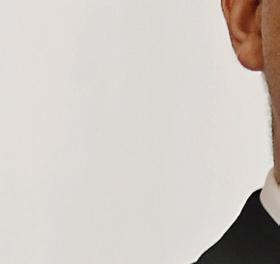



He won the DSO’s African American Orchestra Fellowship position in 2023, and simultaneously serves as Principal Timpani with the Bakersfield Symphony Orchestra. A true balancing act, Valdes is also currently completing graduate studies in music performance at the University of Southern California’s Thornton School of Music, studying with Joseph Pereira and Jim Babor.
Valdes has been recognized as an emerging young instrumentalist by the New World Symphony and has performed on the side-by-side New World Symphony concert series under the direction of Michael Tilson Thomas. He has also served as Principal Percussion of the New York Youth Symphony (NYYS) under Michael Repper, contributing to their Works by Florence Price, Jessie Montgomery, Valerie Coleman album, which earned a Grammy Award for Best Orchestral Performance in 2023—making NYYS the first youth orchestra to do so.
Valdes’s grandfather was a percussionist, and he wants to carry on his legacy by cherishing all genres of music. In addition to his classical pursuits, Valdes has played the marimba chair for Players Theatre in their Off-Broadway production of Beauty and the Beast
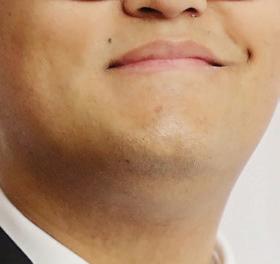






















studying with and receiving men-

lowship, Valdes reflects on continued every day.” In addition to improving his sound and technique, he has learned unexplored of percussion performance, as well as niously with the orchestra. Valdes

On his experience with the DSO Fellowship, Valdes reflects on continued development: “I’m always growing every day.” In addition to improving his sound and technique, he has learned about previously unexplored elements of percussion performance, as well as new ways to blend his sound harmoniously with the orchestra. Valdes values the opportunities afforded to him through the Fellowship, including studying with and receiving mentorship from DSO percussionists, performing with the orchestra, taking professional auditions, and entering competitions.
Looking to the future, Valdes envisions a world with more diverse orchestras.
“It is important for young musicians to have the opportunity to see themselves in members of an orchestra, and it gives them hope that they can someday achieve that same dream,” says Valdes. This vision goes far beyond the stage— Valdes also wants to see change in the classroom. His hope is for orchestras to include more works by composers from diverse backgrounds, and for classical music institutions to shed light on historically underrepresented composers from outside of the classical Western European canon.
CLASSICAL ROOTS CELEBRATION 35
CR24-Program.indd 35 2/24/24 12:48 AM


THE DETROIT MUSICIANS ASSOCIATION, A BRANCH OF THE NATIONAL ASSOCIATION OF NEGRO MUSICIANS, INC., AN HISTORIC ORGANIZATION SINCE 1919, SALUTES CLASSICAL ROOTS AND SUPPORTS ITS MISSION!
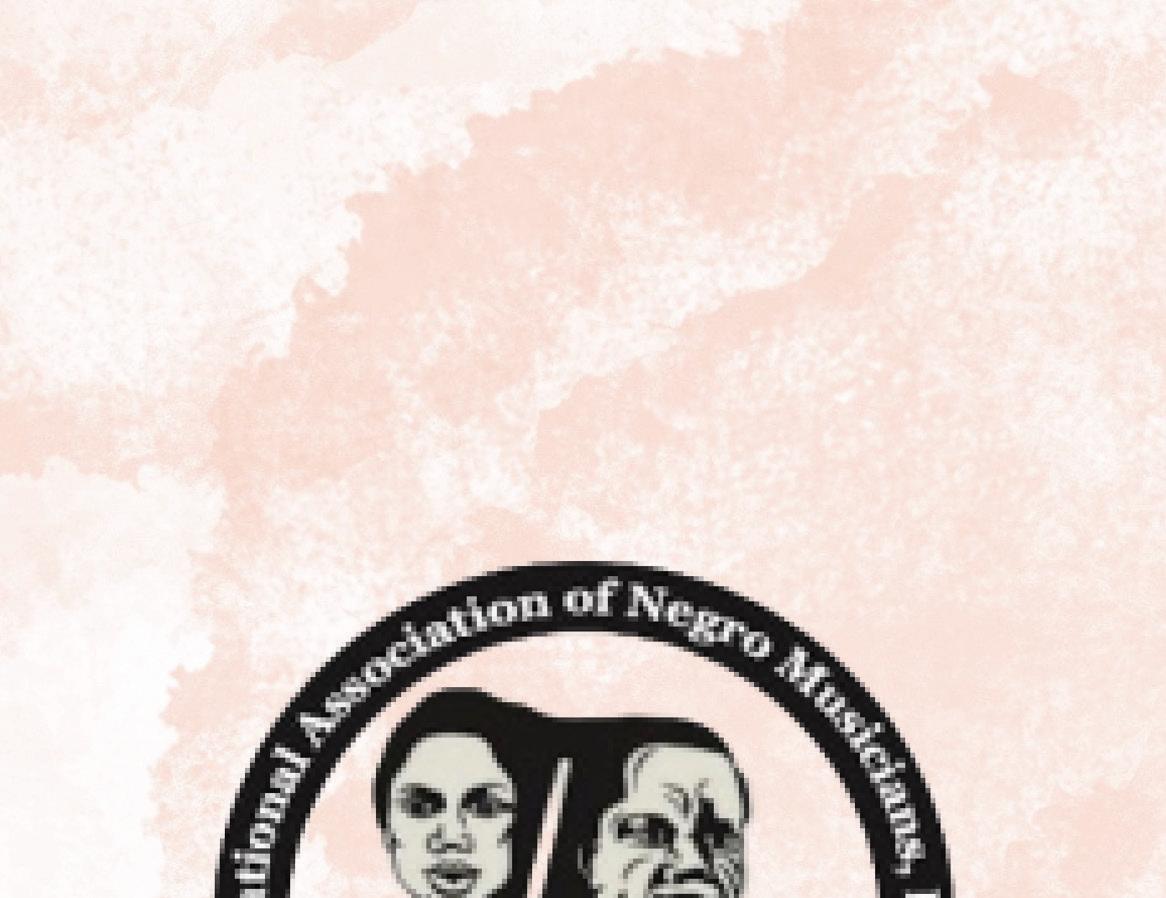




CPA Mission:
Chandler Park Academy provides an immersive education experience and nurturing environment that helps every student prepare for the real world, transition to adulthood and compete globally in the 21st century and beyond.
Chandler Park Academy School District provides an immersive educational experience and nurturing environment that helps every student prepare for the real world, transition to adulthood and compete globally in the 21st century and beyond.
EDUCATION ENRICHMENT SERVICES
, LLC IS THE EDUCATION SERVICE PROVIDER FOR CHANDLER PARK ACADEMY



WWW.NANM.ORG DANIEL WASHINGTON BRANCH PRESIDENT ANNE-MARIE HUDLEY-SIMMONS NATIONAL PRESIDENT
Congratulations Dear Shirley, YOU ARE SO DESERVING OF THIS VERY SPECIAL RECOGNITION. – GLENDA PRICE CR24-Program.indd 36 2/24/24 12:48 AM



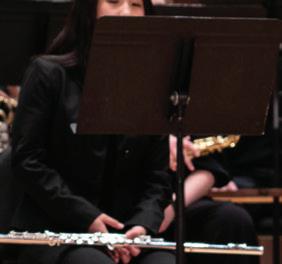
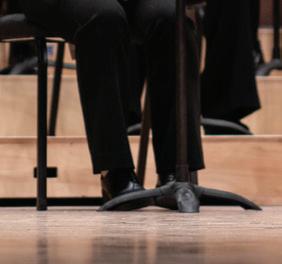

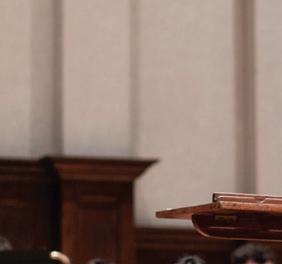




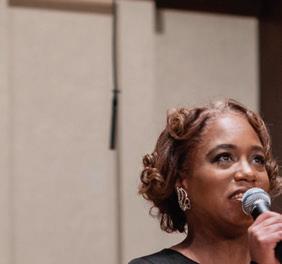
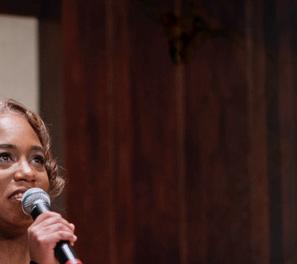
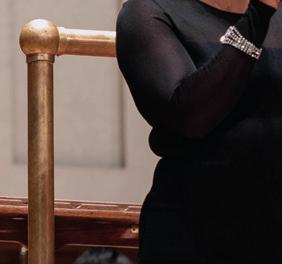

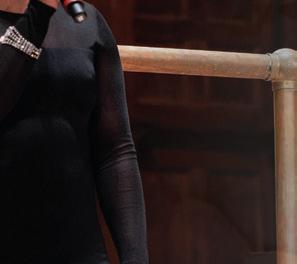


Community engagement has been at the heart of Classical Roots since it began in 1978 and continues to be a driving force behind the annual celebration of African American composers and musicians today.
The Classical Roots mission has grown since its start as a concert featuring the Detroit Symphony Orchestra and Brazeal Dennard Chorale at the historic Bethel A.M.E. Church. In addition to adding a gala, fundraiser, and concert at Orchestra Hall, Classical Roots also supports increased opportunities for Black musicians through the DSO’s African American Composer Residency and African American Orchestra Fellowship.
This year, the DSO aims to connect the next generation with the Classical Roots mission. Through the generosity of the DSO’s education sponsors, middle and high school students from local schools will attend the Friday morning Classical Roots concert and enjoy a pre-concert presentation by Cecelia Sharpe.


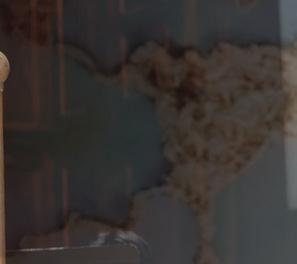



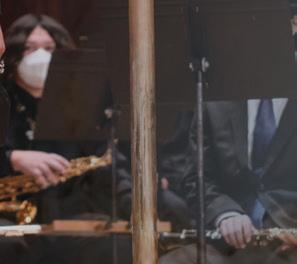







Sharpe, a graduate of Wayne State University, has been teaching and advocating for youth and the arts for more than 15 years. In addition to her role as a cellist, educator, and advocate, Sharpe has a passion for radio and since 2014 has served as a guest host and producer on WRCJ 90.9 FM. Previously the DSO’s Manager of Education Programs, she has since returned to host and narrate educational, family, and community concerts. Sharpe has also served as host for the Pro Musica Detroit Live virtual concert series.



Rooted in Education Classical Roots:





gram, which includes Billy Childs’s Diaspora Concerto for Saxophone and Orchestra with saxophonist Steven Banks, and Shelley Washington’s Both, a DSO co-commission through New Music USA’s Amplifying Voices program, which fosters collaboration and collective action between US orchestras and composers toward racial and gender equity in classical music.

“I look forward to teaching the students how the music relates to their everyday lives,” said Sharpe.
On her radio program, “Live with C#,” Sharpe highlights a well-rounded and diverse variety of classical (and sometimes jazz) music, artists, composers, conductors, and ensembles. She enjoys researching music and discovering interesting facts to connect listeners to the music—and hopes to do the same for the students attending the Classical Roots concert.
The pre-concert presentation will speak to the history of Classical Roots, as well as the concert pro-
“The presentation is very interactive, so it will be wonderful to hear from the students directly as they process these themes and topics.”
“We are so fortunate to welcome a passionate educator like Cecelia Sharpe to help bring Classical Roots to life for our younger audiences,” said Clare Valenti, the DSO’s Director of Community Engagement. “Through events like these, we can ensure that generations to come will know, honor, and celebrate the many contributions of African American artists to classical music.”
CLASSICAL ROOTS CELEBRATION community engagement 37
CR24-Program.indd 37 2/24/24 12:50 AM


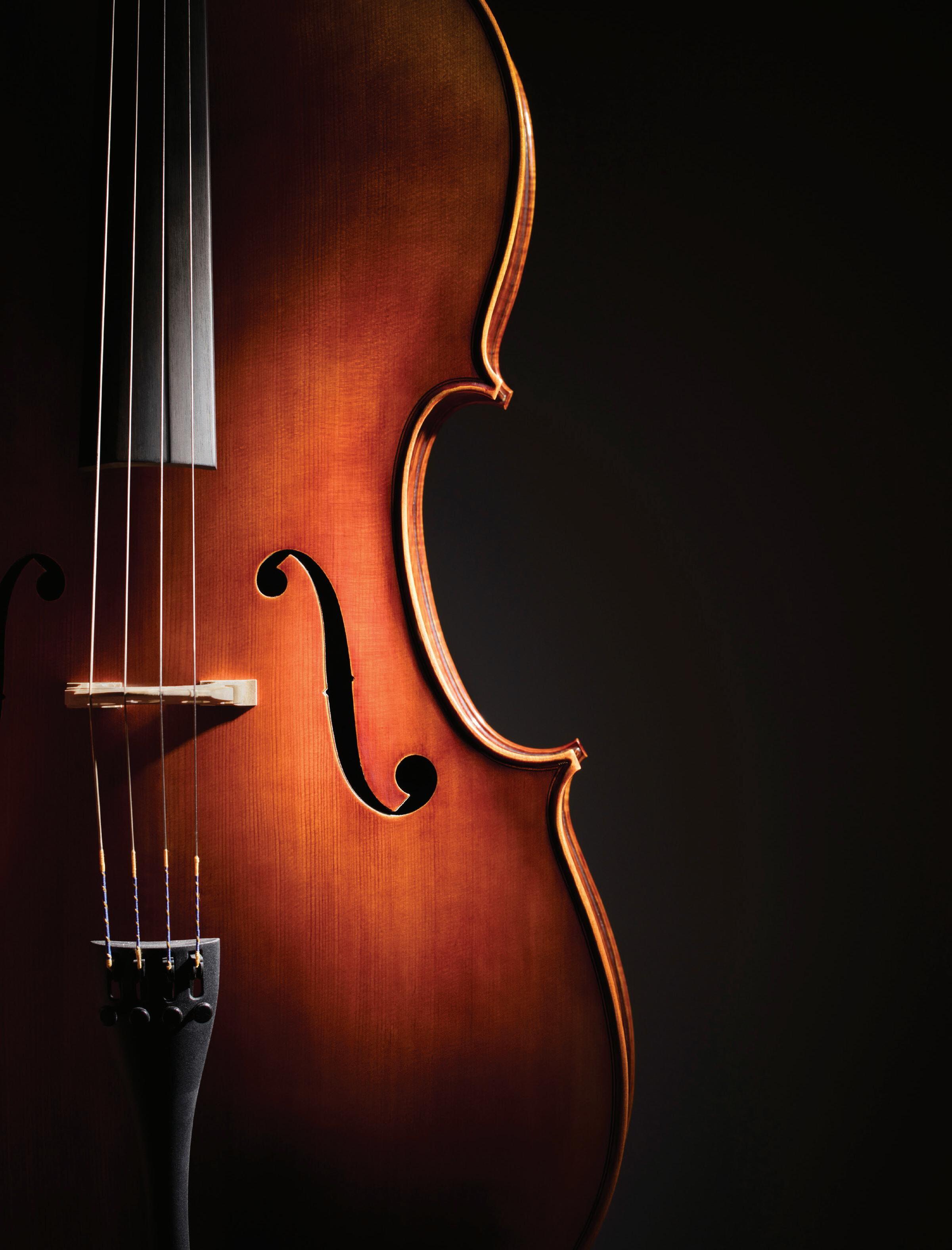

248.302.0414 Darlene@DarleneJackson.com www.DarleneJackson.com Proud to support The Classic Roots Celebration
by Dr. Willam F. Pickard and Jimmy Settles, Jr. CR24-Program.indd 38 2/24/24 12:50 AM
GOSPEL EXTRAVAGANZA Presented

CR24-Program.indd 39 2/24/24 12:50 AM
Thank you for your many years of service to the DSO and the City of Detroit.
-Adrienne and Erik Rönmark
Heroes Circle | Kids Kicking Cancer recognizes and celebrates our longtime friend and Board Member SHIRLEY STANCATO
on being named a Detroit Symphony Orchestra
2024 Classical Roots Honoree
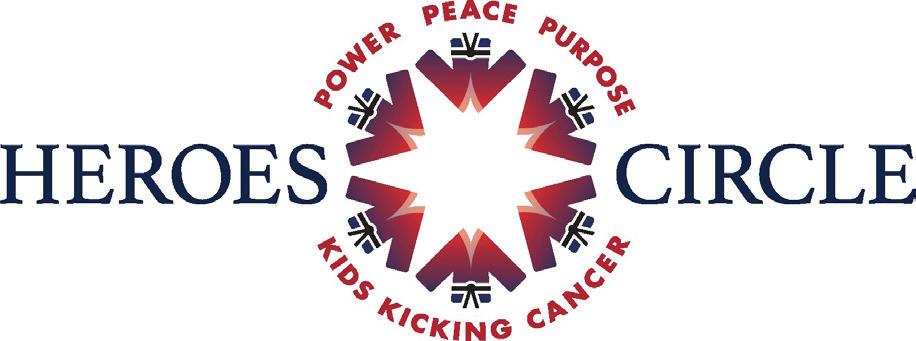

Central Michigan University is proud to be a sponsor of the Detroit Symphony Orchestra’s Arthur L. Johnson - Honorable Damon Jerome Keith Classical Roots Celebration
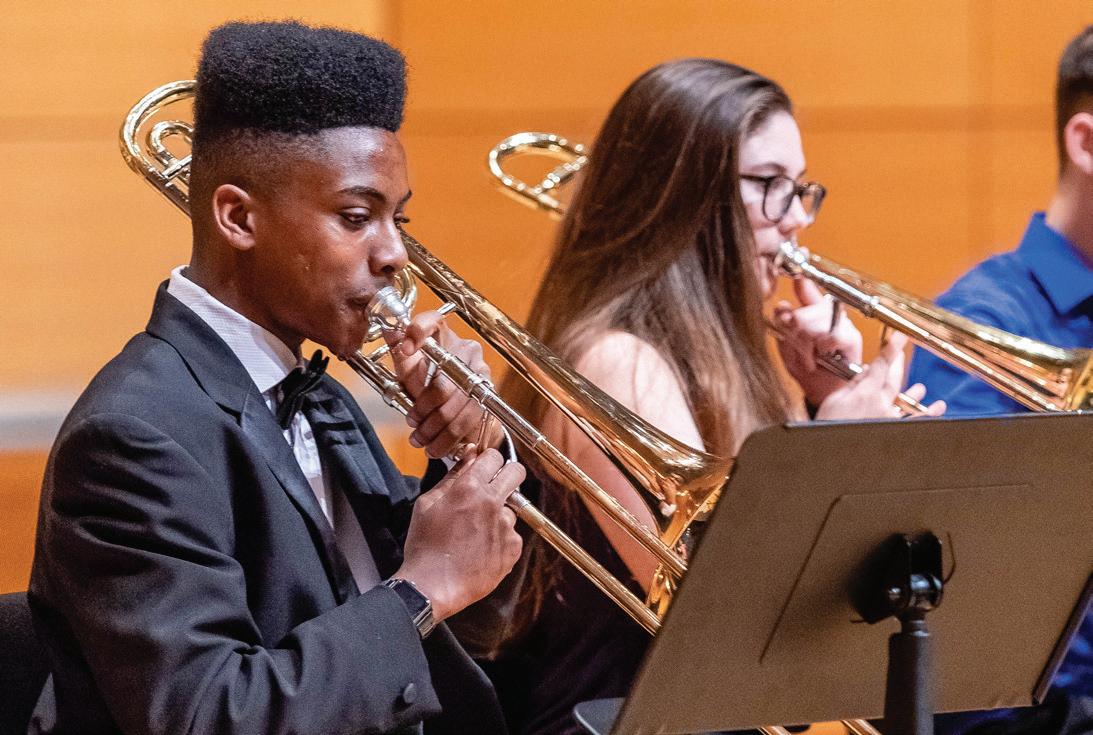

cmich.edu

CMU, an AA/EO institution, strongly and actively strives to increase diversity and provide equal opportunity for all individuals, irrespective of gender identity or sexual orientation and including but not limited to minorities, females, veterans and individuals with disabilities. 20857 MGX 01/24
Congratulations on this well-deserved honor, Shirley!
CR24-Program.indd 40 2/24/24 12:50 AM


The remembers thosewe have lost...
Dr. Charles G. Adams
Esteemed Pastor Emeritus of Hartford Memorial Baptist Church, Former President of the Progressive National Baptist Convention, and 2023 Classical Roots Honoree

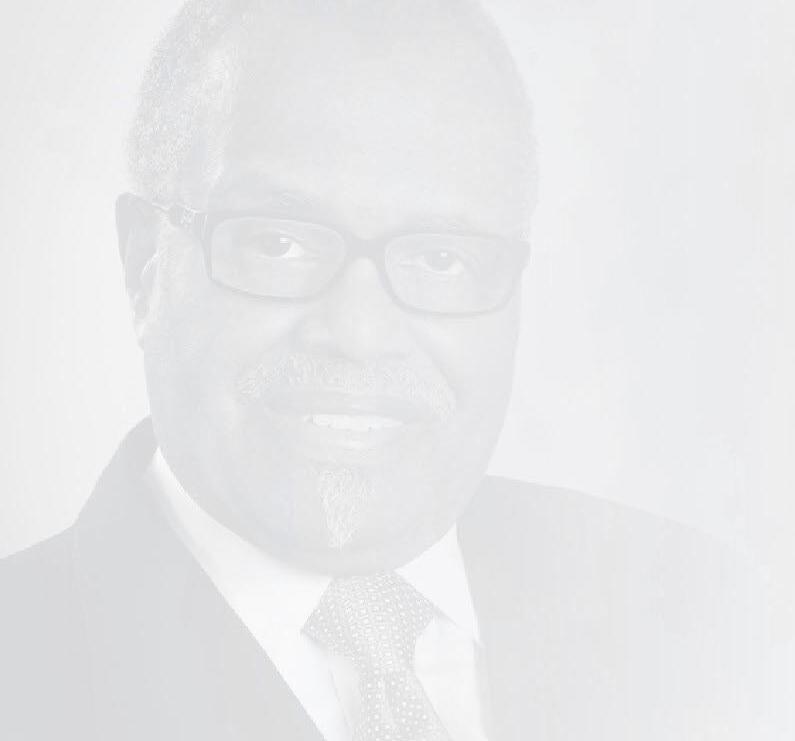


André Watts
One of the world’s most distinguished and celebrated piano virtuosos, 2020 Classical Roots Honoree






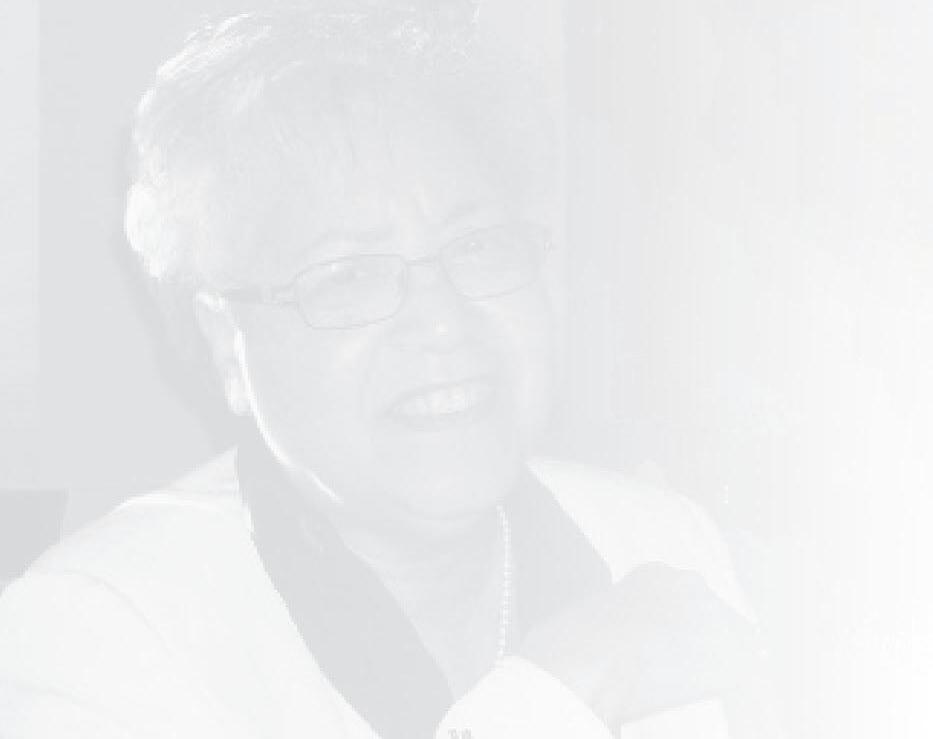
Dr. Algea O. Harrison
Long-serving member and past Co-Chair of the Classical Roots Steering Committee



in memoriam
CLASSICAL ROOTS CELEBRATION 41
CR24-Program.indd 41 2/24/24 12:50 AM










Honoring Detroit’s Past, Supporting its Future. PROUD SPONSOR OF DSO’S 46TH ANNUAL CLASSICAL ROOTS CONCERT Team McCree Homes is your premier destination for luxury real estate services in southeastern Michigan. With expertise in residential and commercial properties, we cater to the unique needs of professional athletes, entertainers, and discerning clients alike, assisting buyers, sellers, and investors throughout the region. teammccreehomes.com | 313 367 1452 | moira@teammccreehomes.com Follow us CR24-Program.indd 42 2/24/24 12:50 AM


















































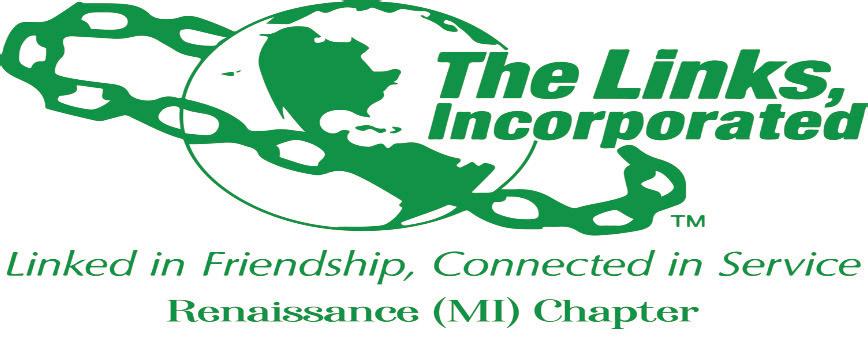
Salutes the DSO Classical Roots student educational program Butzel Long is Proud to Support the Detroit Symphony Orchestra’s 2024 Classical Roots Celebration Geaneen M. Arends, Director Arends@butzel.com, 313.225.7022 ing meaningful change or generations to come TOGETHER O w e c a n d o m o r e HOSPITAL oin us in reati for kids toda , and fo Mental Health Substance Use Disorder Health Equity & Access Children’s Hospital of Michigan Legacy Initiatives YourChildrensFoundation org CLASSICAL ROOTS CELEBRATION CR24-Program.indd 43 2/24/24 12:50 AM
In memory of the late Judge Damon Jerome Keith and the late Arthur L. Johnson to Celebrate the 23rd Anniversary of the Classical Roots Celebration named in their honor. Their contributions to Detroit, social justice, diversity, equity and inclusion will not be forgotten.


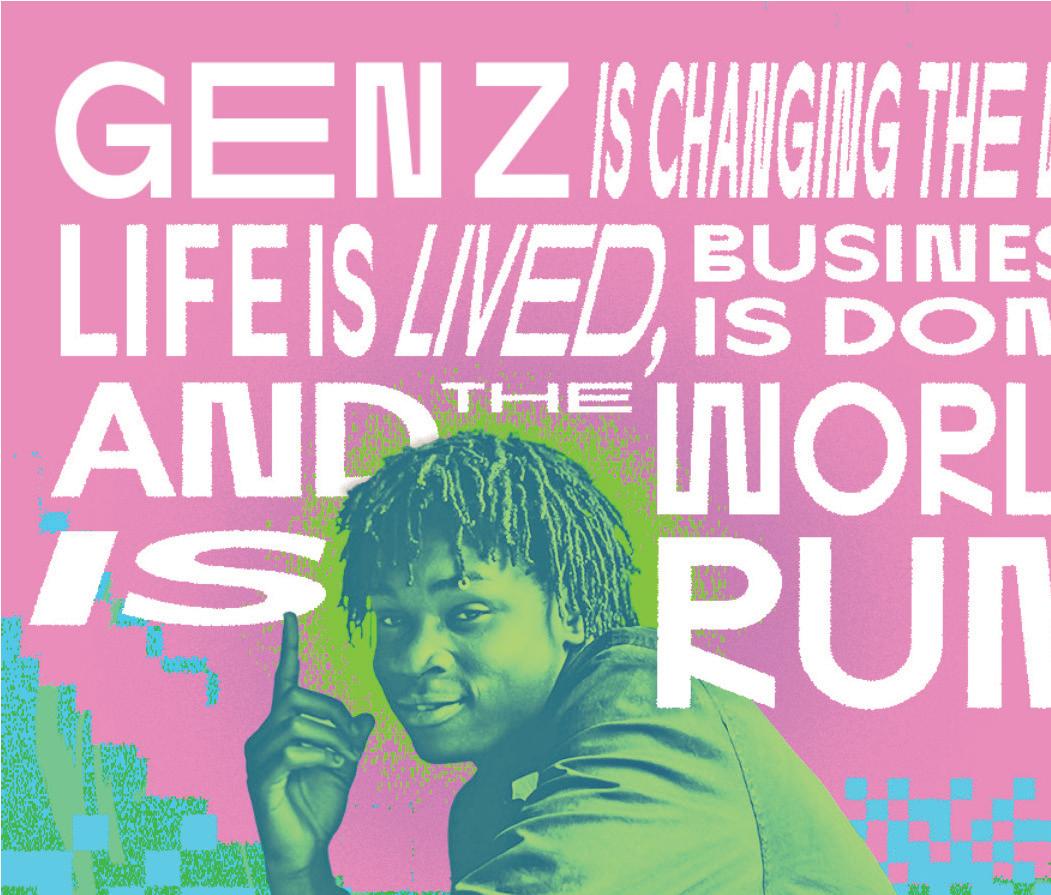



to Billy Childs, jessica Care moore and Shirley Stancato on this well-deserved honor.
We are proud to continue to support the mission of Classical Roots and the DSO. David and Bernadine Wu






Visit skillman.org/z
NOW OPEN Visit Mi-Sci.org
EXPERIENCE FLIGHT LIKE NEVER BEFORE AT THE MICHIGAN SCIENCE CENTER.
CR24-Program.indd 44 2/24/24 12:50 AM
Congratulations







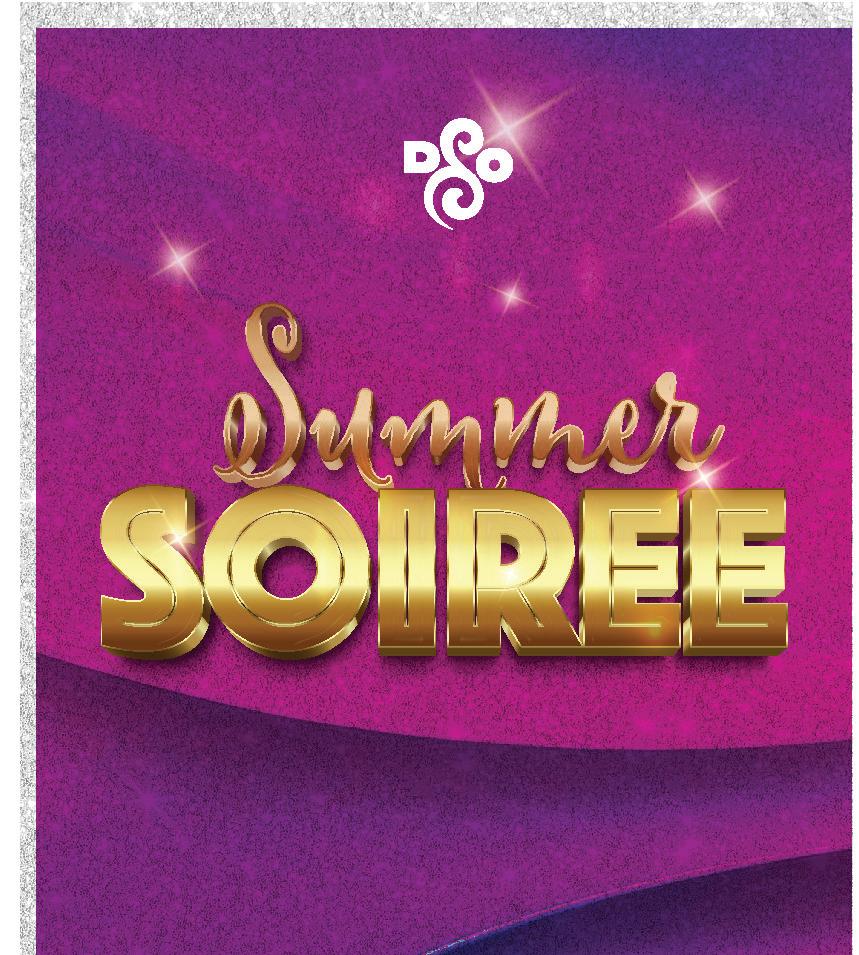



SATURDAY JUNE 15 , 2024 7PM CONCERT 8:30PM A erpar For more information, contact Ali Huber at (313) 576-5449 or ahuber@dso.org 555 East Lafayette Avenue • Detroit, MI 48226 Not marketed to and void if used by anyone on the MGCB’s Disassociated Persons or Exclusion Lists, or anyone banned by Hollywood Casino at Greektown. Must be at least 21. Problem Gambling? Call 1-800-270-7117 THE DETROIT SYMPHONY ORCHESTRA’S 46TH ANNUAL CLASSICAL ROOTS CONCERT AT GREEKTOWN IS A PROUD SPONSOR OF: HOLLYWOOD CASINO CR24-Program.indd 45 2/24/24 12:50 AM





























































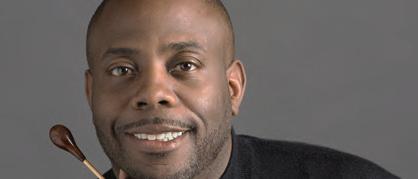





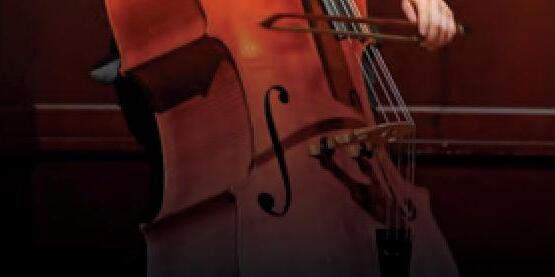






















U-M Concert Band March 17, 2024 | 7:00 pm Hill Auditorium smtd.umich.edu/events Free! No tickets required Collaborations Dr. Courtney Snyder Conductor
248.727.2970 aweproduction.com EVENT PLANNING & CUSTOM DÉCOR C gratulati s to the DSO and the Classical Roots Steering Committee on another incredible celebration! CR24-Program.indd 46 2/24/24 12:51 AM
Damien
Crutcher Founder & CEO, Crescendo Detroit
Volunteer Income Tax Assistance (VITA): No-cost tax help for households who need assistance in preparing their returns and navigating the tax process.

Low Income Taxpayer Clinic (LITC): Education, outreach, and pro-bono legal representation to help low-income and ESL taxpayers solve their tax problems.
Accounting Aid Academy: Culturally competent education, technical assistance, coaching, and tax prep for small business owners in metro Detroit.
accountingaidsociety org
















SAVE THE DATES Mark your calendar for these upcoming events at Orchestra Hall! SEPT 28 2024 JUNE 15 2024 MARCH 1 2025 CR24-Program.indd 47 2/24/24 12:52 AM
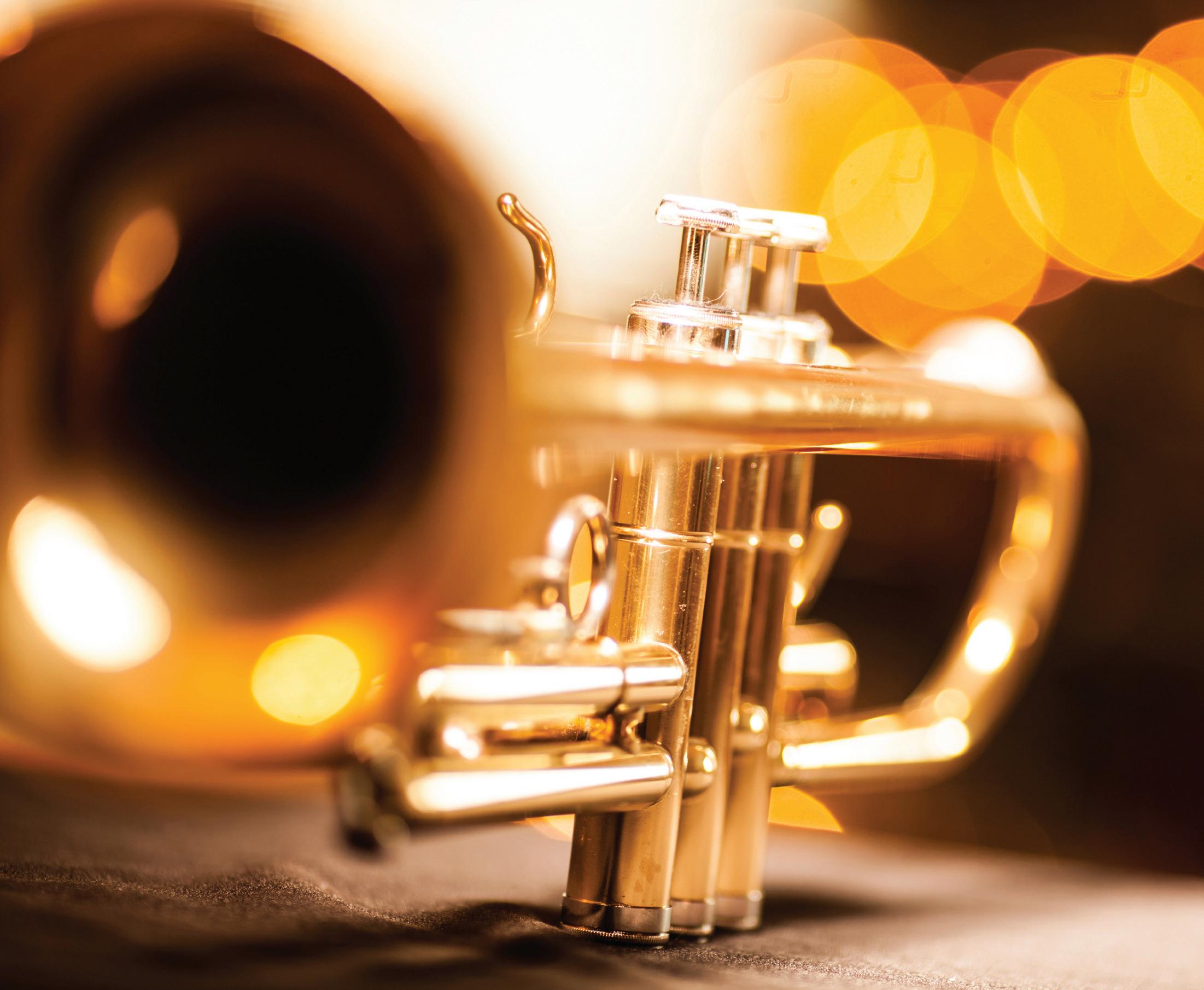
Cultivating gifted artists. Promoting innovative work.
JPMorgan Chase is proud to support the Detroit Symphony Orchestra and the 2024 Classical Roots Celebration.
Congratulations to this year’s honorees on their well-deserved recognition.
jpmorganchase.com
© 2024 JPMorgan Chase & Co.
CR24-Program.indd 48 2/24/24 12:52 AM




















































































 Stanley & Judy frankel
Christine & David provost
Stanley & Judy frankel
Christine & David provost




































 Erik Rönmark President & CEO
Erik Rönmark President & CEO


 David T. Provost Chair, Board of Directors
David T. Provost Chair, Board of Directors



























































































































































 by francesca leo
by francesca leo





















































































































































































































































































































































































































































































































































